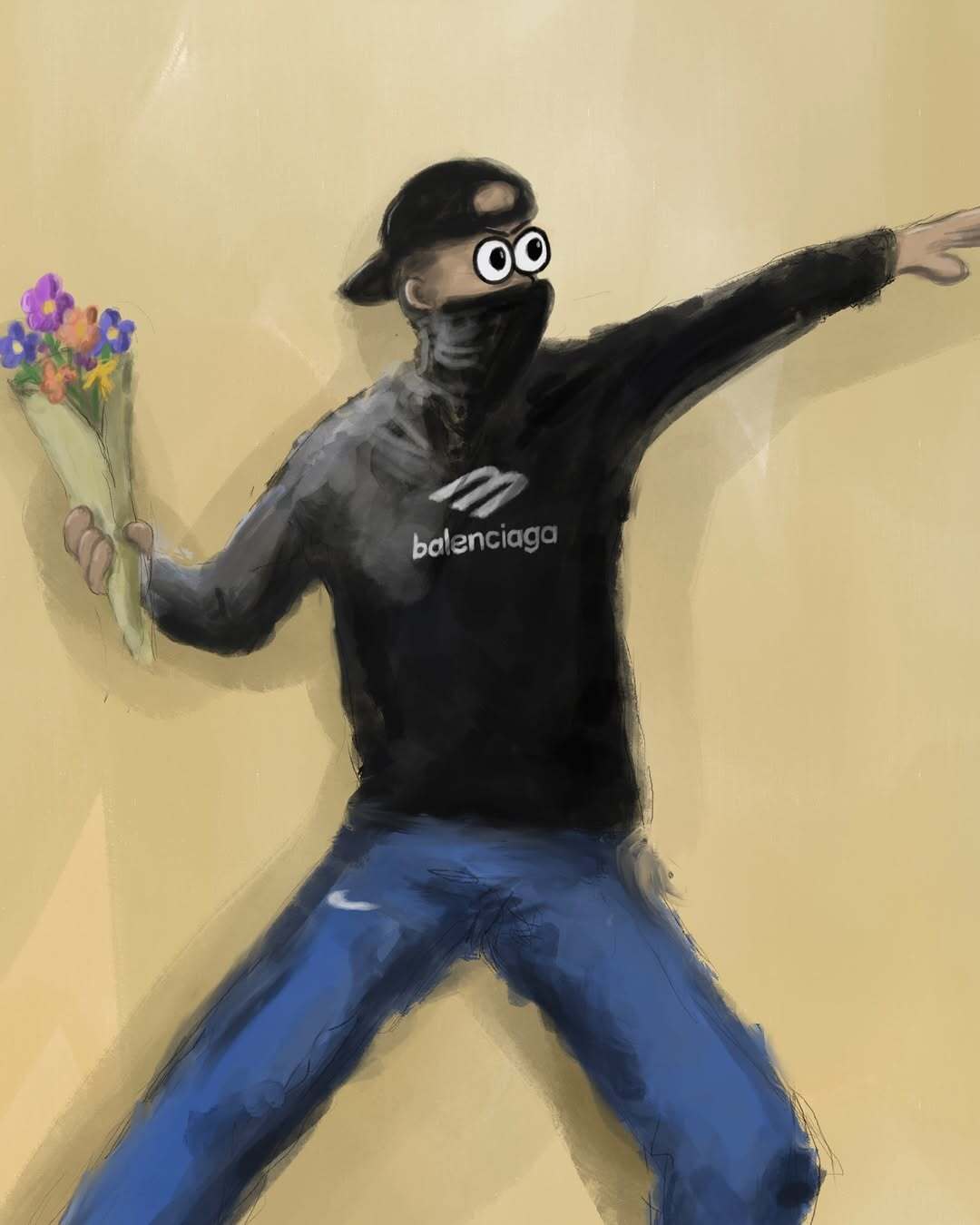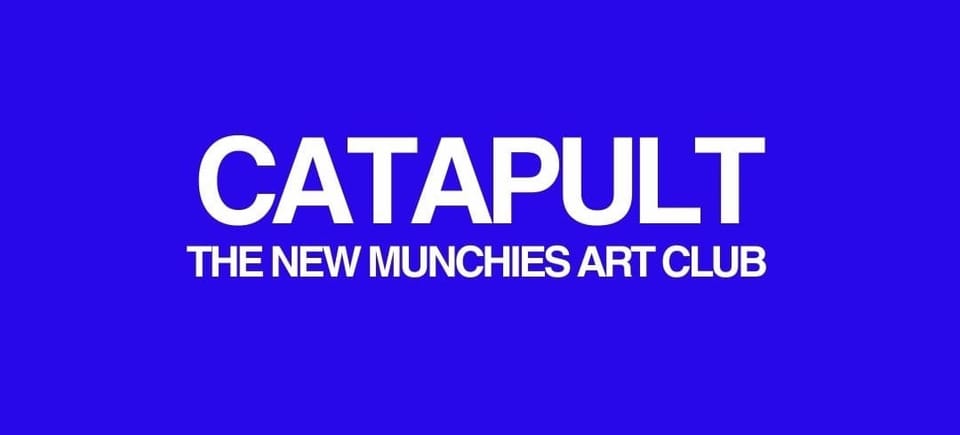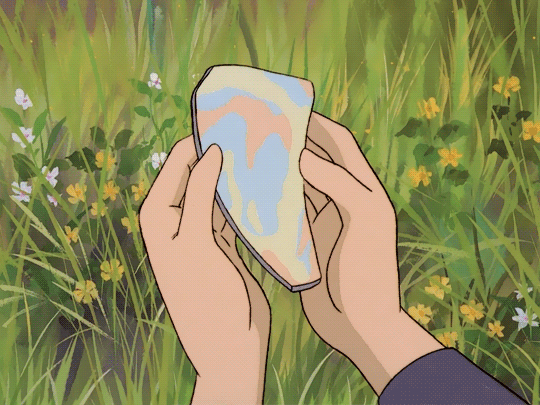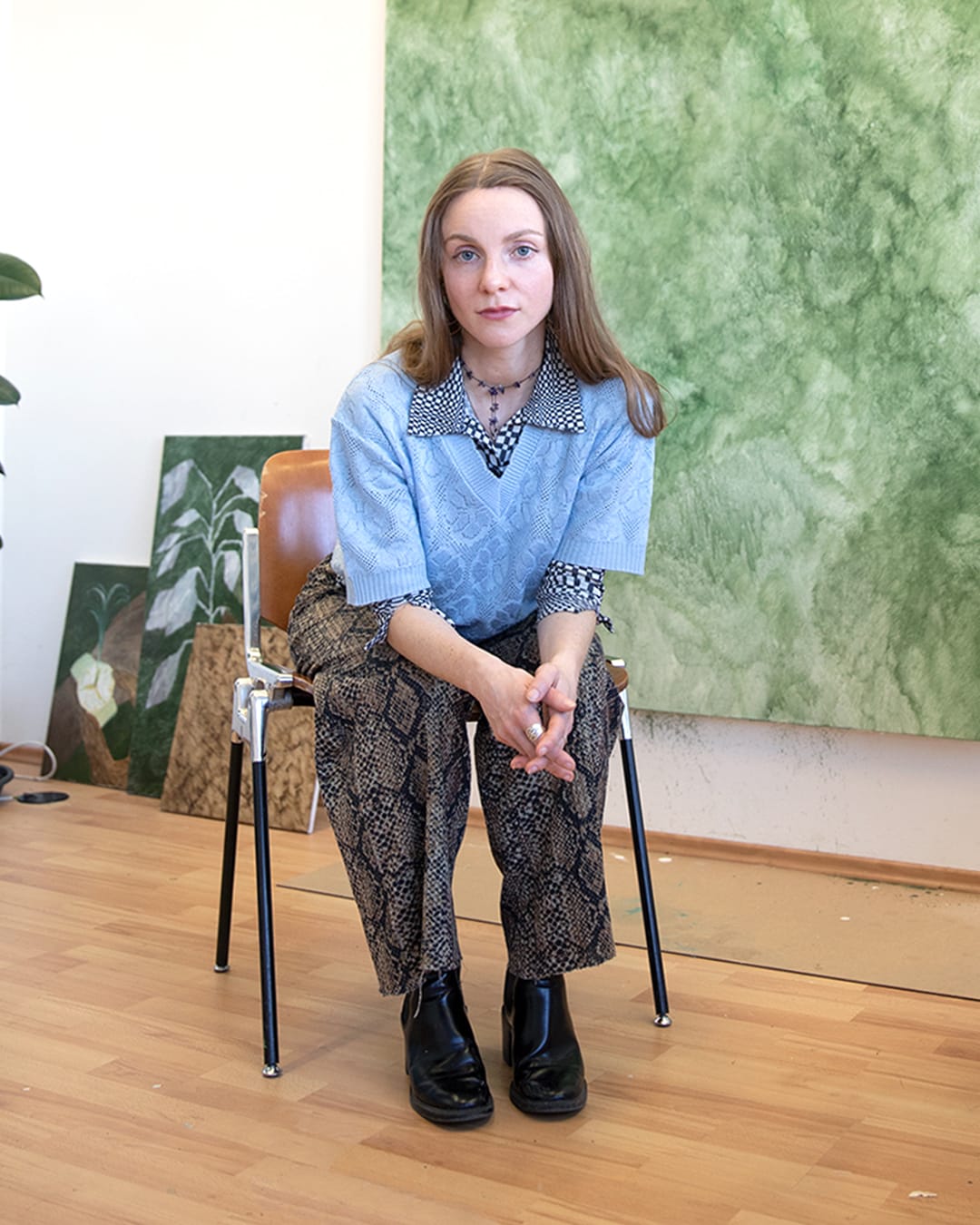Luiza Furtado: Ecological Art and the Anthropocene in Contemporary Practice
Luiza Furtado: Dive into her ecological art practice, blending performance, textiles, and sustainability. Explore her unique approach to nature-focused storytelling at Munchies Art Club
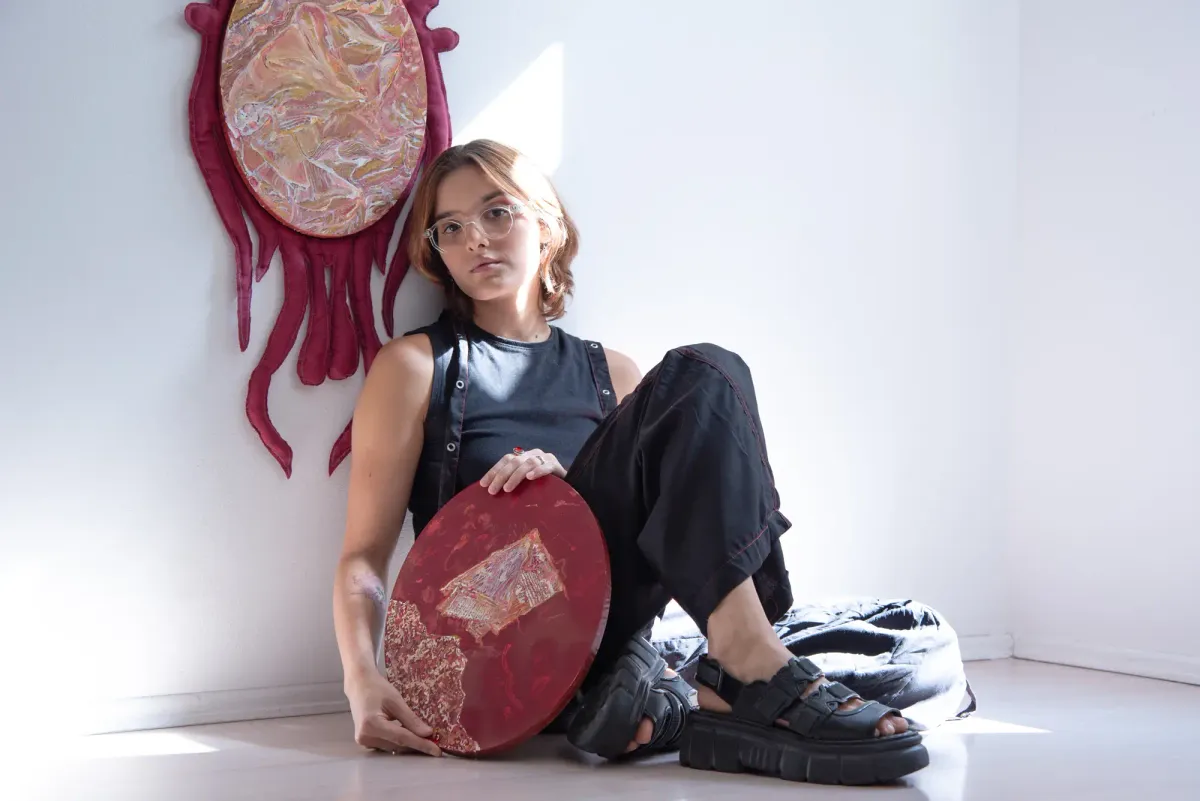
Transforming Discards: Luiza Furtado’s Unique Approach to Sculpture and Performance
In the realm of contemporary art, where ecological and cultural dialogues intersect, Luiza Furtado’s practice stands out for its innovative blend of performance, textile sculpture, and upcycled materials.
Through materiality and motion, Luiza Furtado’s art becomes a poetic extension of ecological consciousness—a stage where textile and performance intersect, breathing life into discarded fragments
Born in 1999 in Florianópolis, Brazil, Furtado has rapidly cultivated a unique approach to art that combines formal studies in industrial design with a deep engagement with context and material.
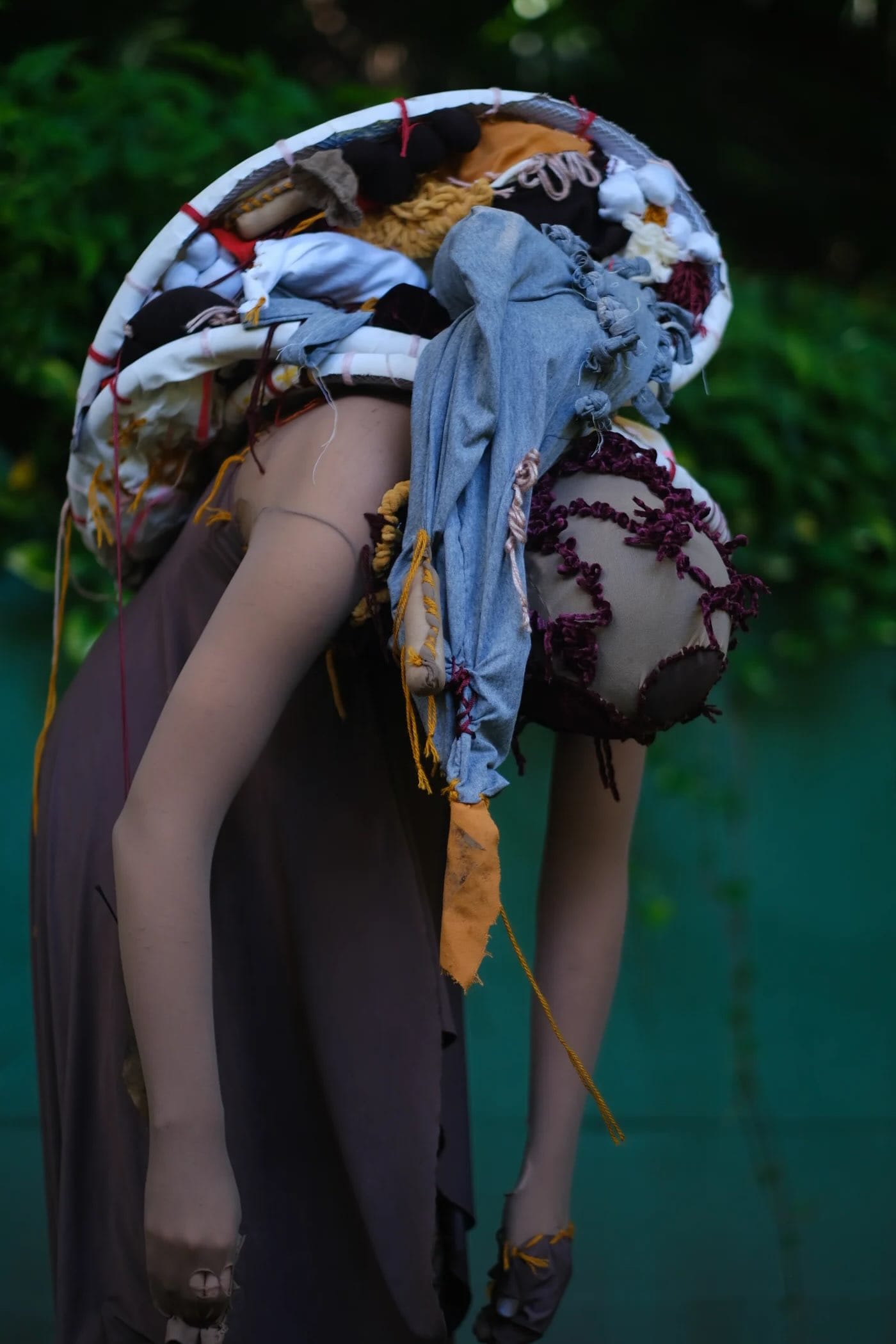
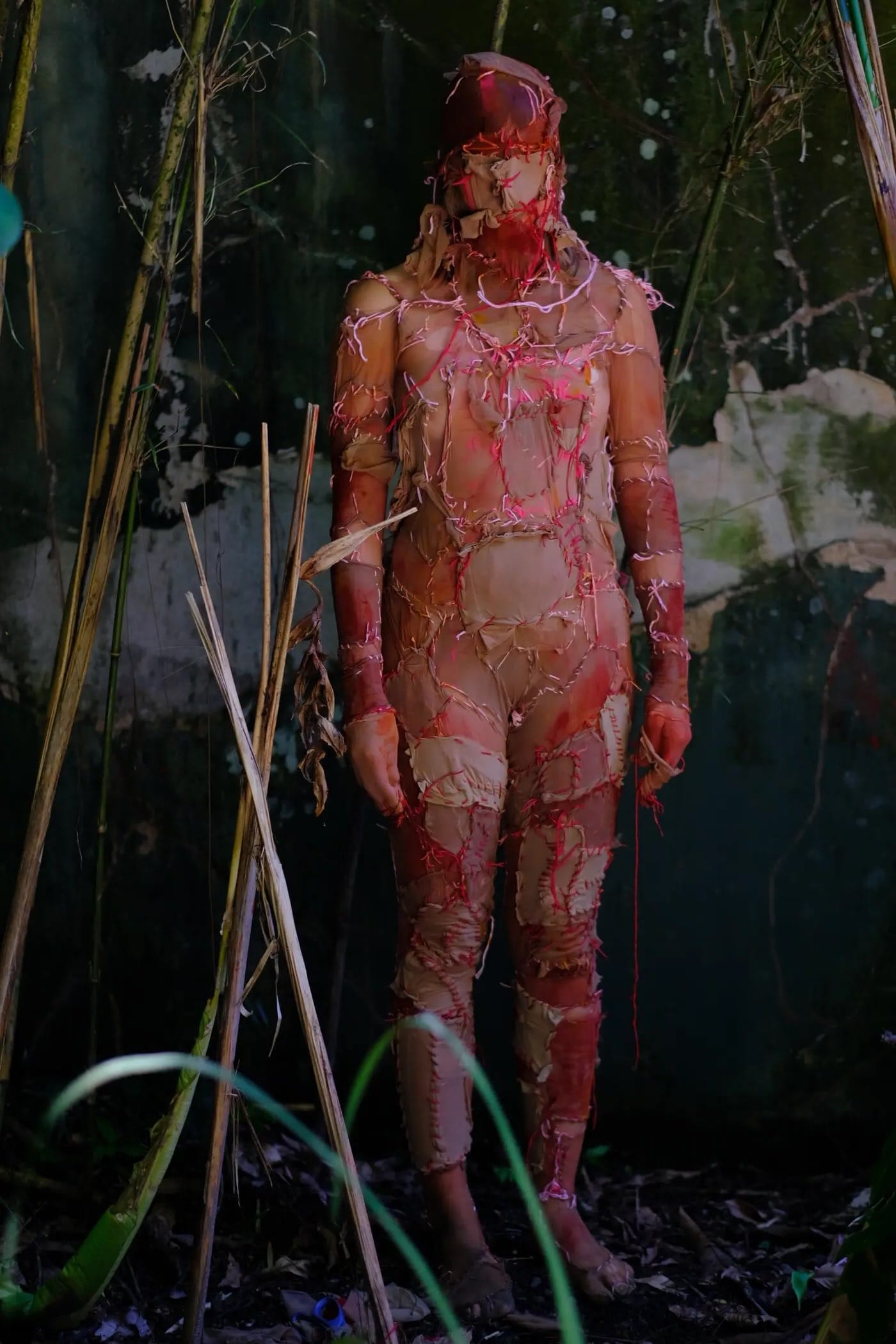
Luiza Furtado: Casulo 2024 -> Camera by Raquel Abrantes | Image Courtesy of the Artist
After obtaining a BA in Industrial Design from PUC University in Rio de Janeiro, Furtado relocated to Austria, where she honed her practice at the Academy of Fine Arts Vienna under the guidance of Professor Ashley Hans Scheirl.
This interdisciplinary education shaped her work, which now spans sculpture, performance, and mixed media, weaving personal narratives with broader ecological and cultural themes.
Artistic Practice: A Dance with Materiality
At the core of Furtado’s practice is a profound respect for materiality—specifically, the potential of discarded materials and found objects.
Her sculptures incorporate tensegrity techniques, a structural system balancing tension and compression.
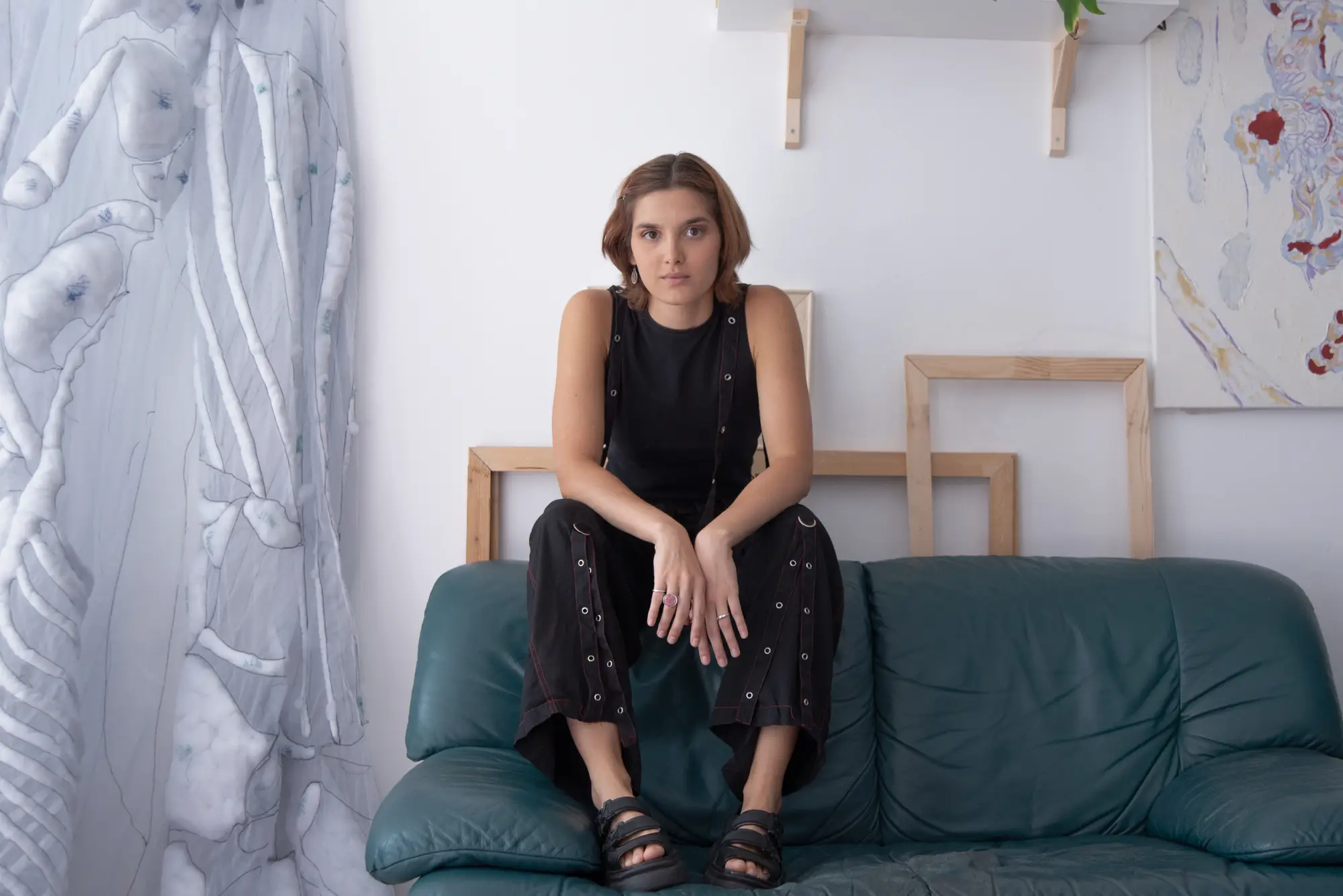
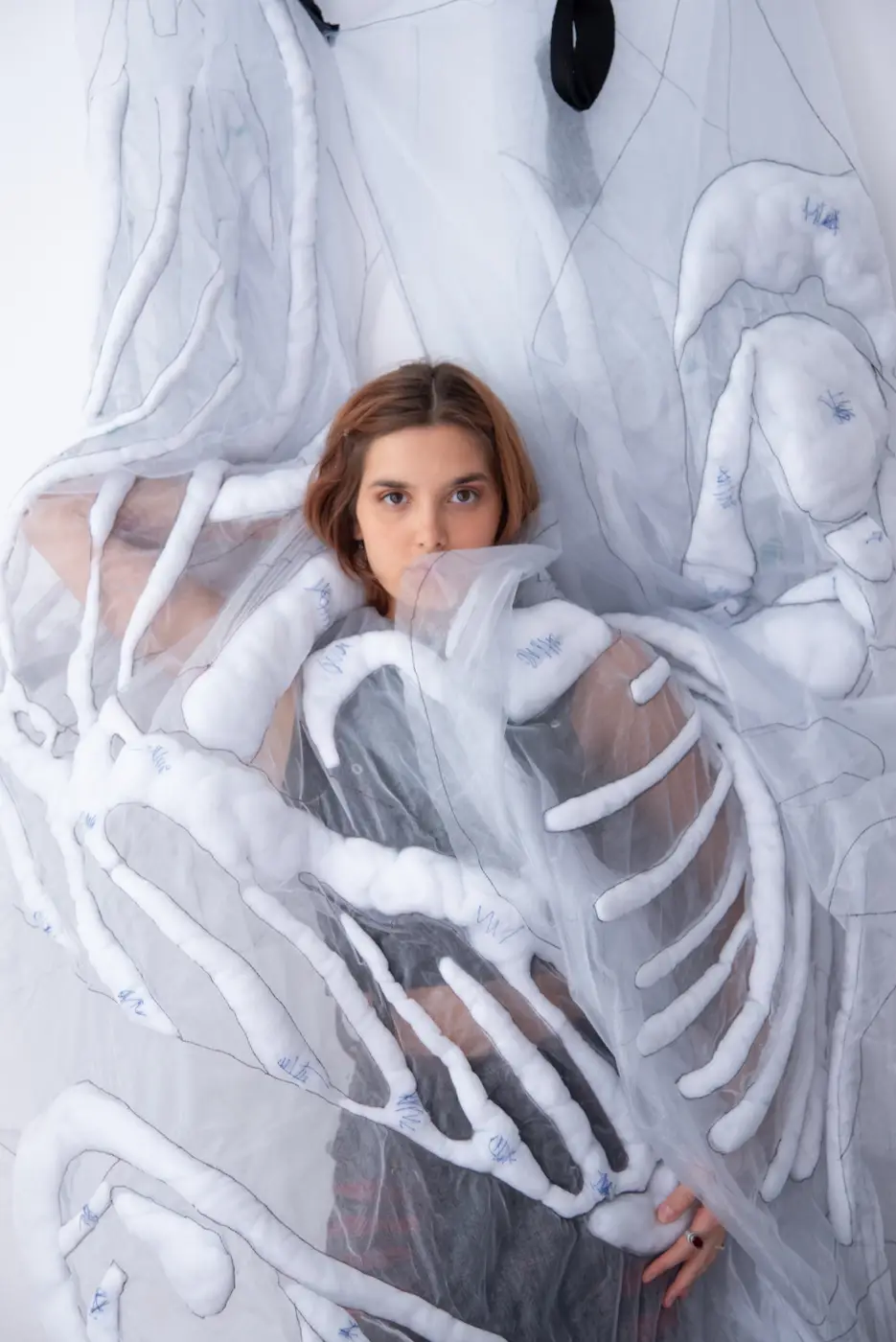
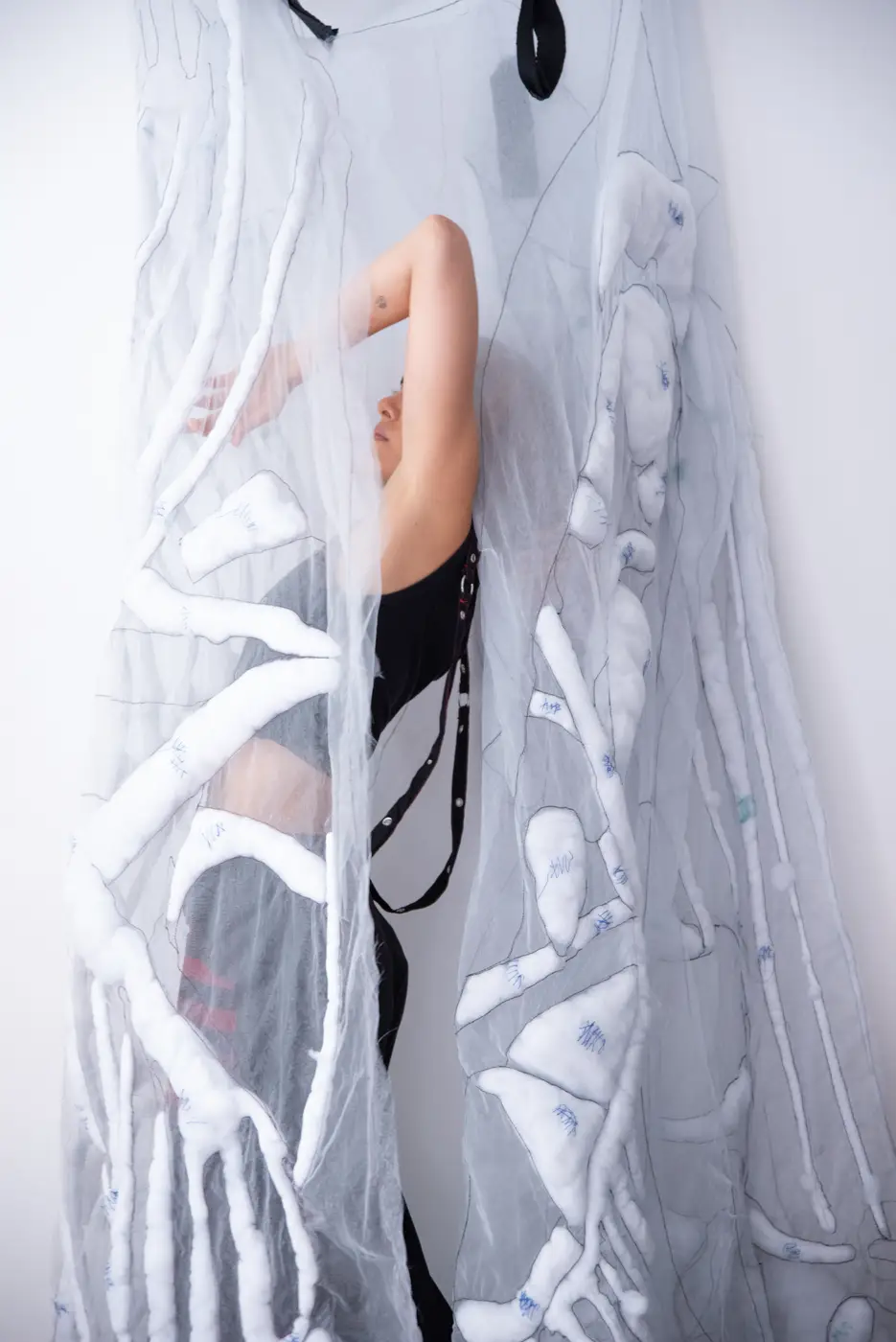
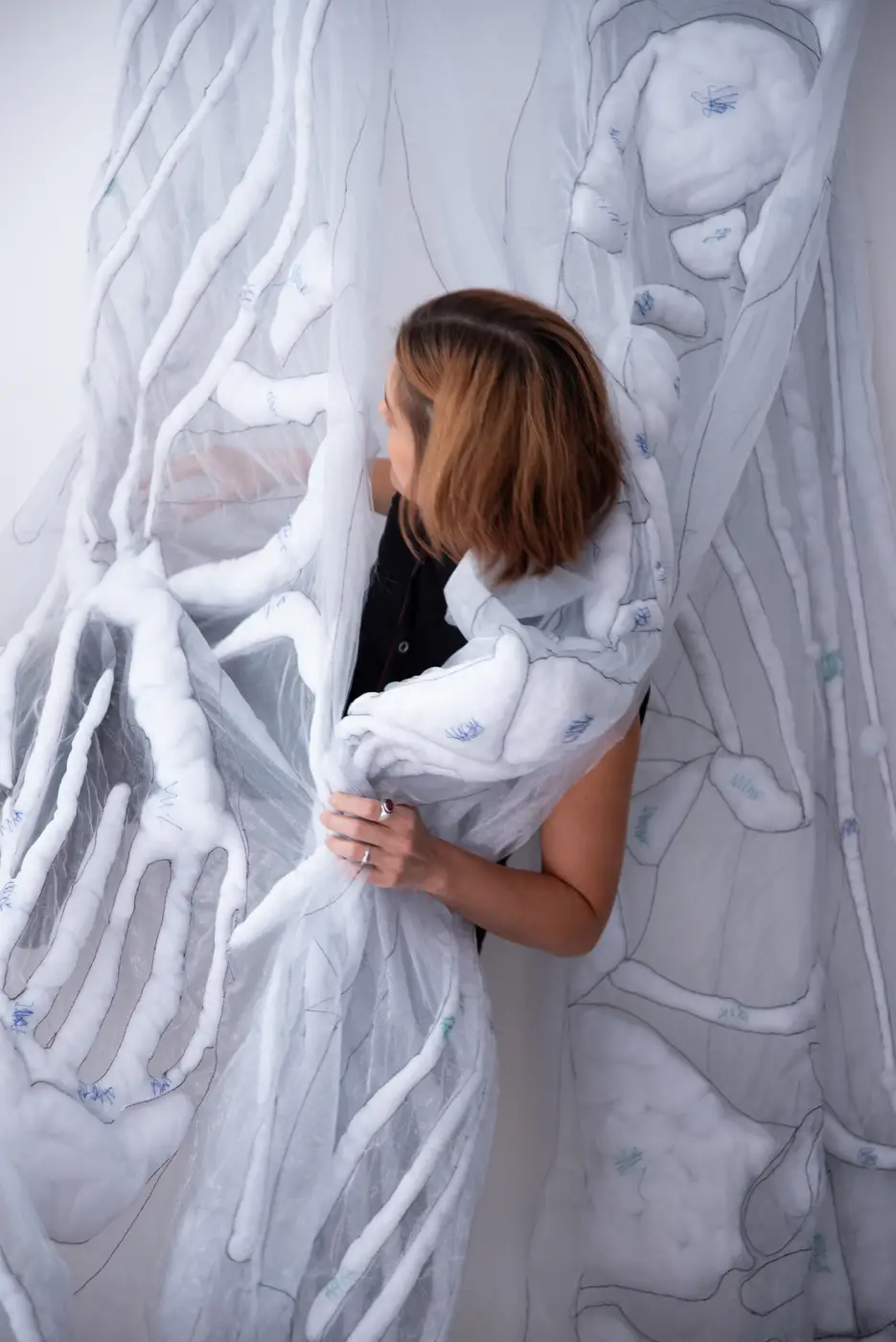
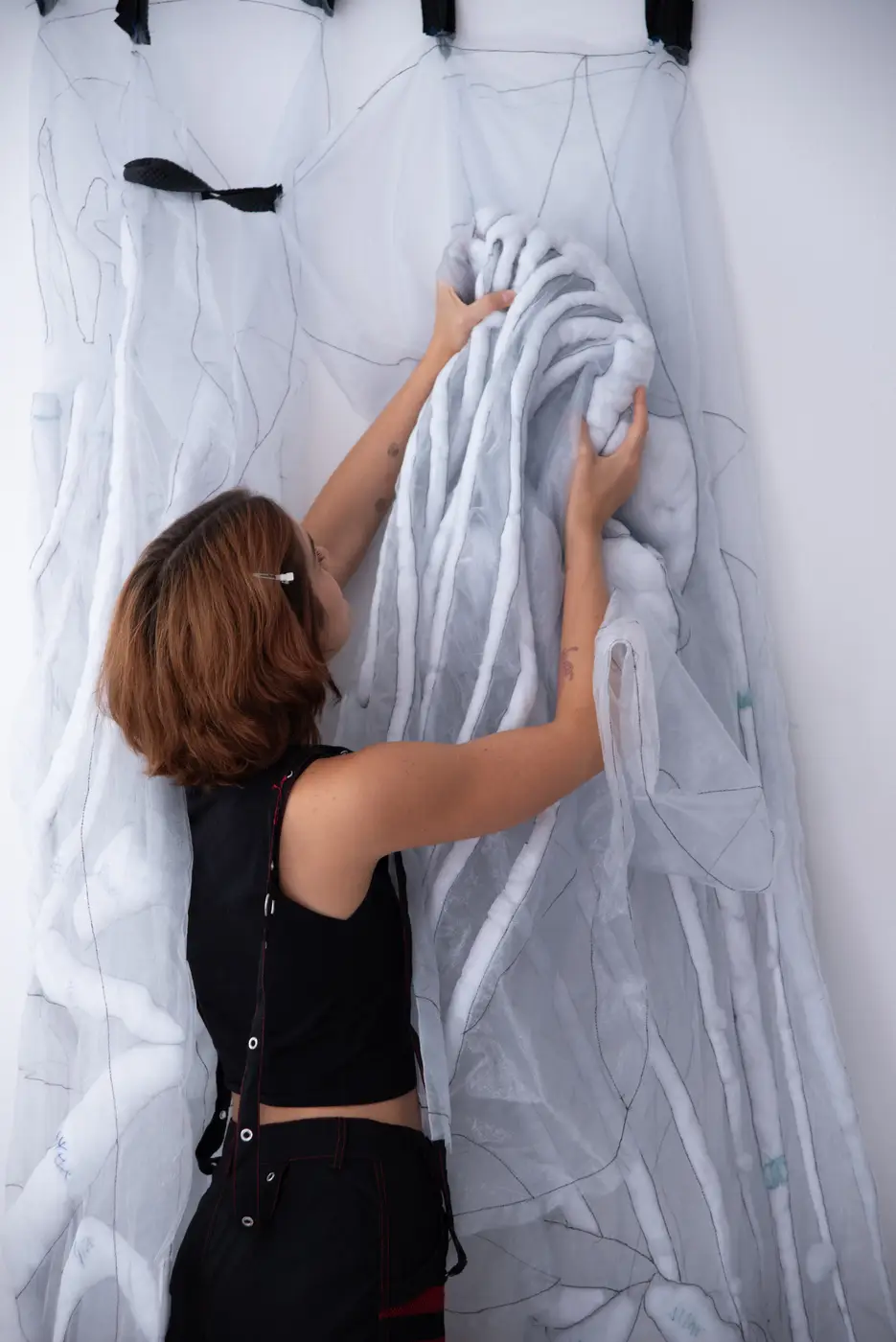
Luiza Furtado: Between her work, Tymball Cavities, 2024 Camera by Allegra Kortlang | Image Courtesy of the Artist
These sculptures are crafted from second-hand fabrics, plastic, metal, and wood, often presenting themselves as “cloth capsules” that act as metaphors for containment, protection, and regeneration.
This process of upcycling not only emphasizes the potential of waste in art but also serves as a critique of consumerist culture.
In doing so, Furtado recontextualizes mundane materials, transforming them into intricate textile sculptures that embody a narrative of resilience and renewal.
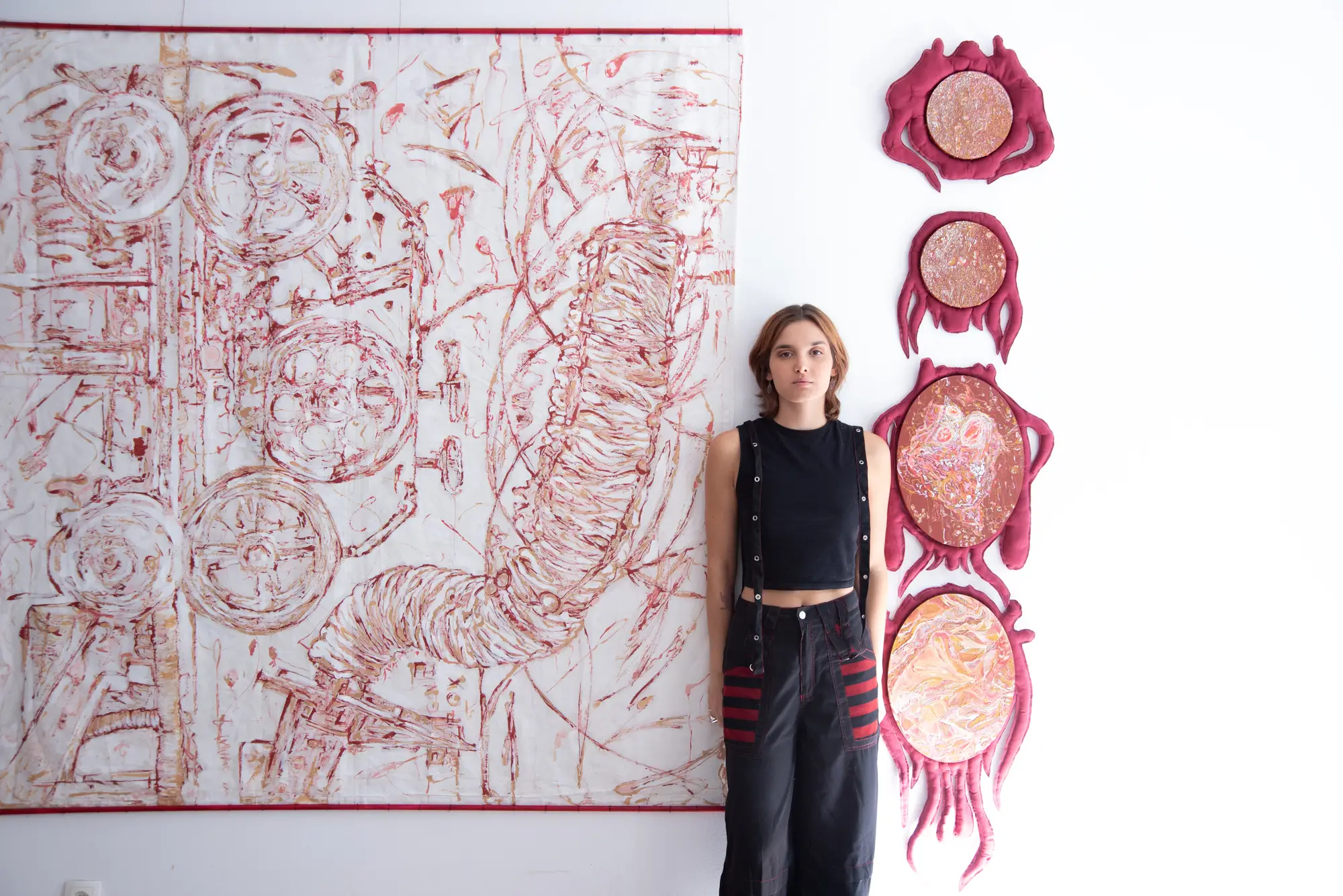
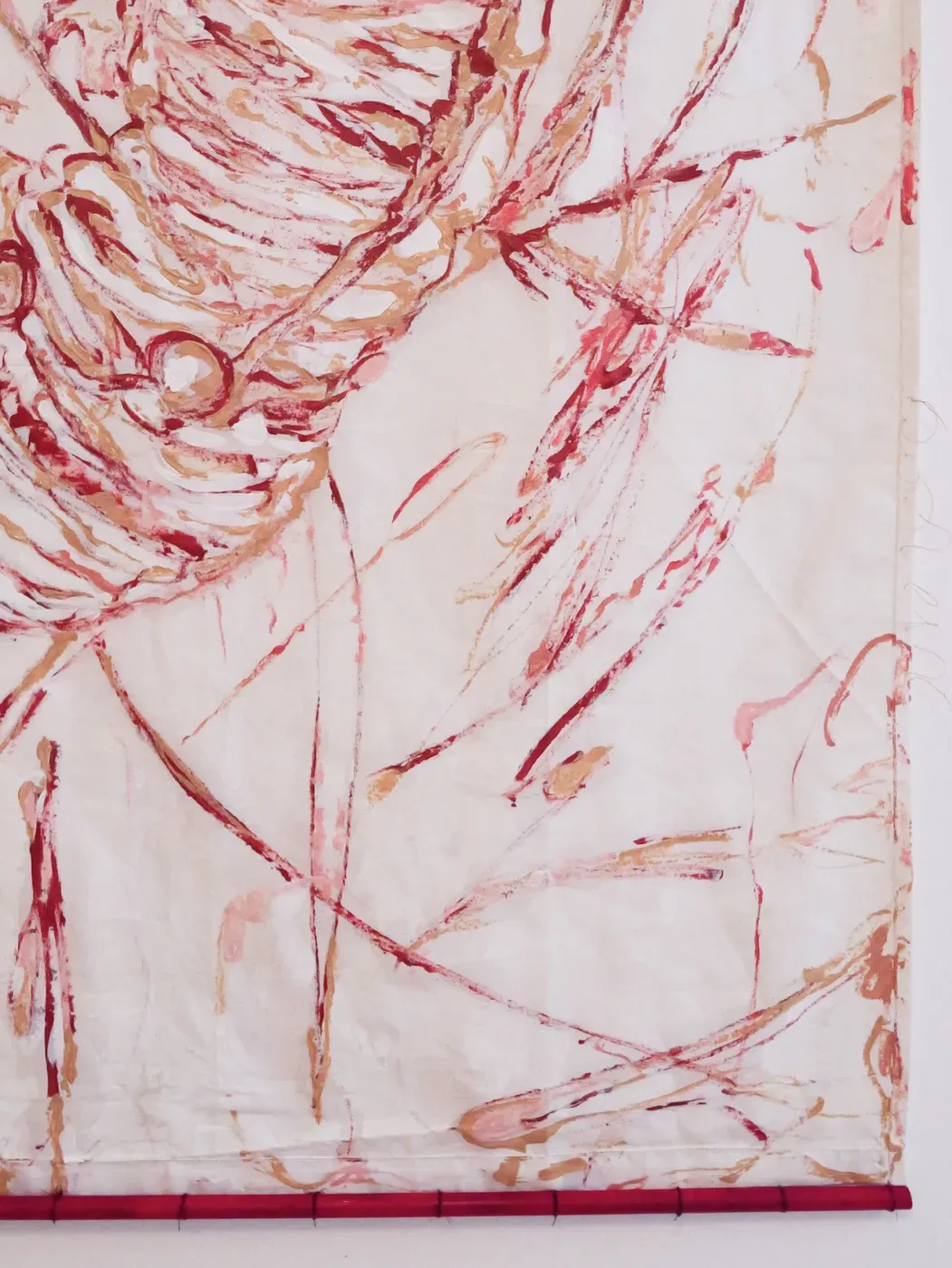
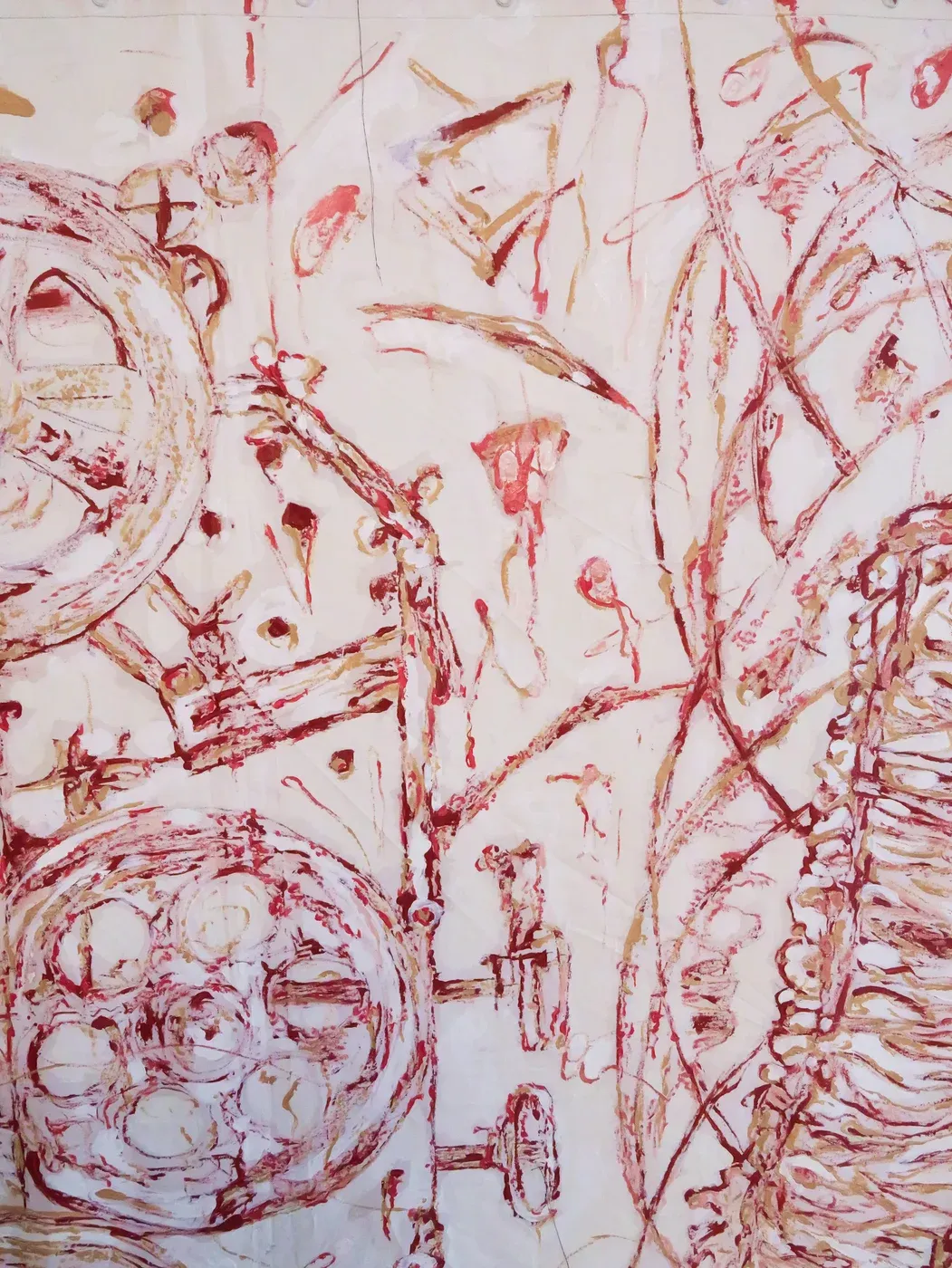
Luiza Furtado: Cartilagenosas, 2024 -> Mixed media on canvas | Image Courtesy of the artist
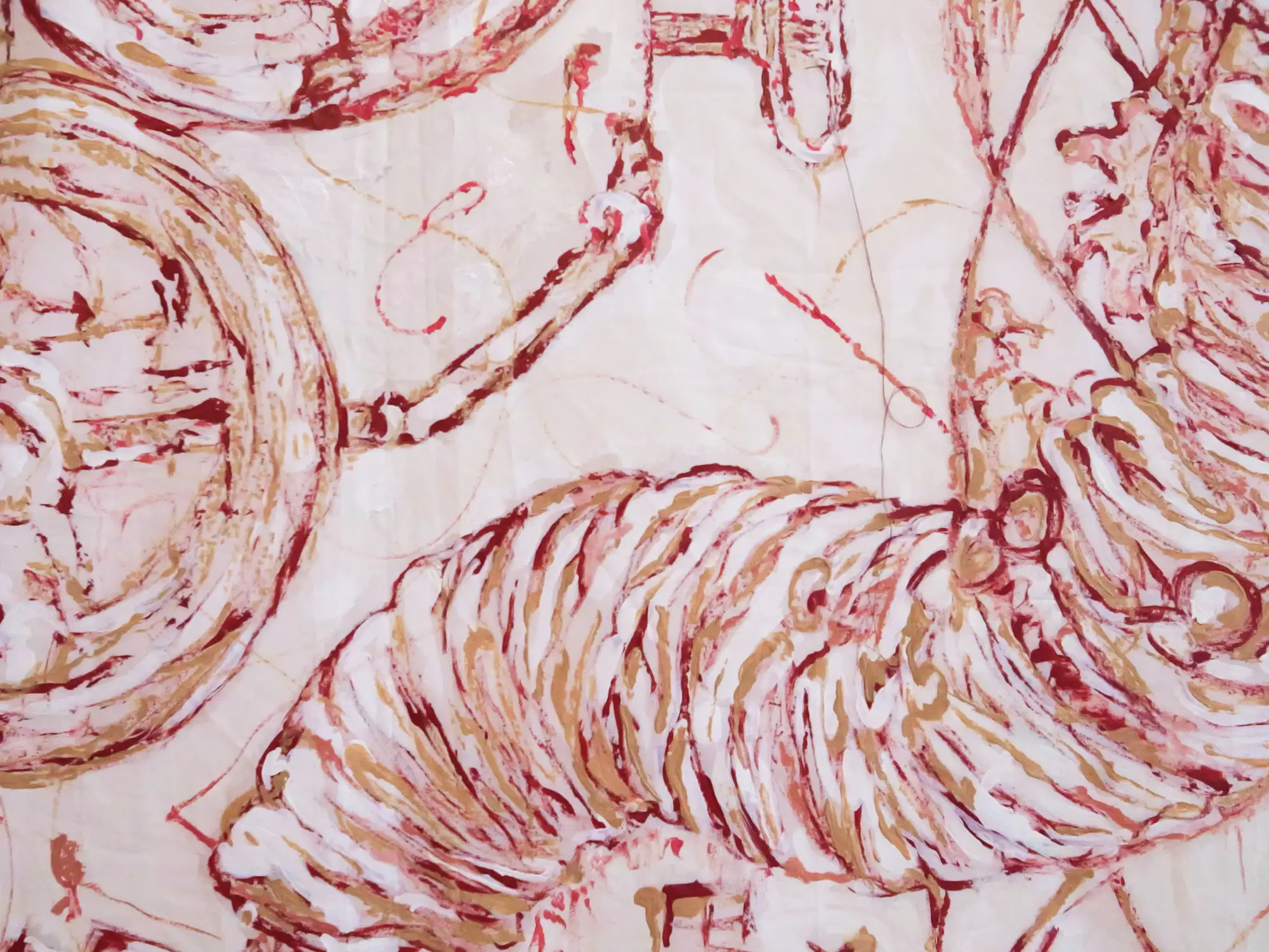
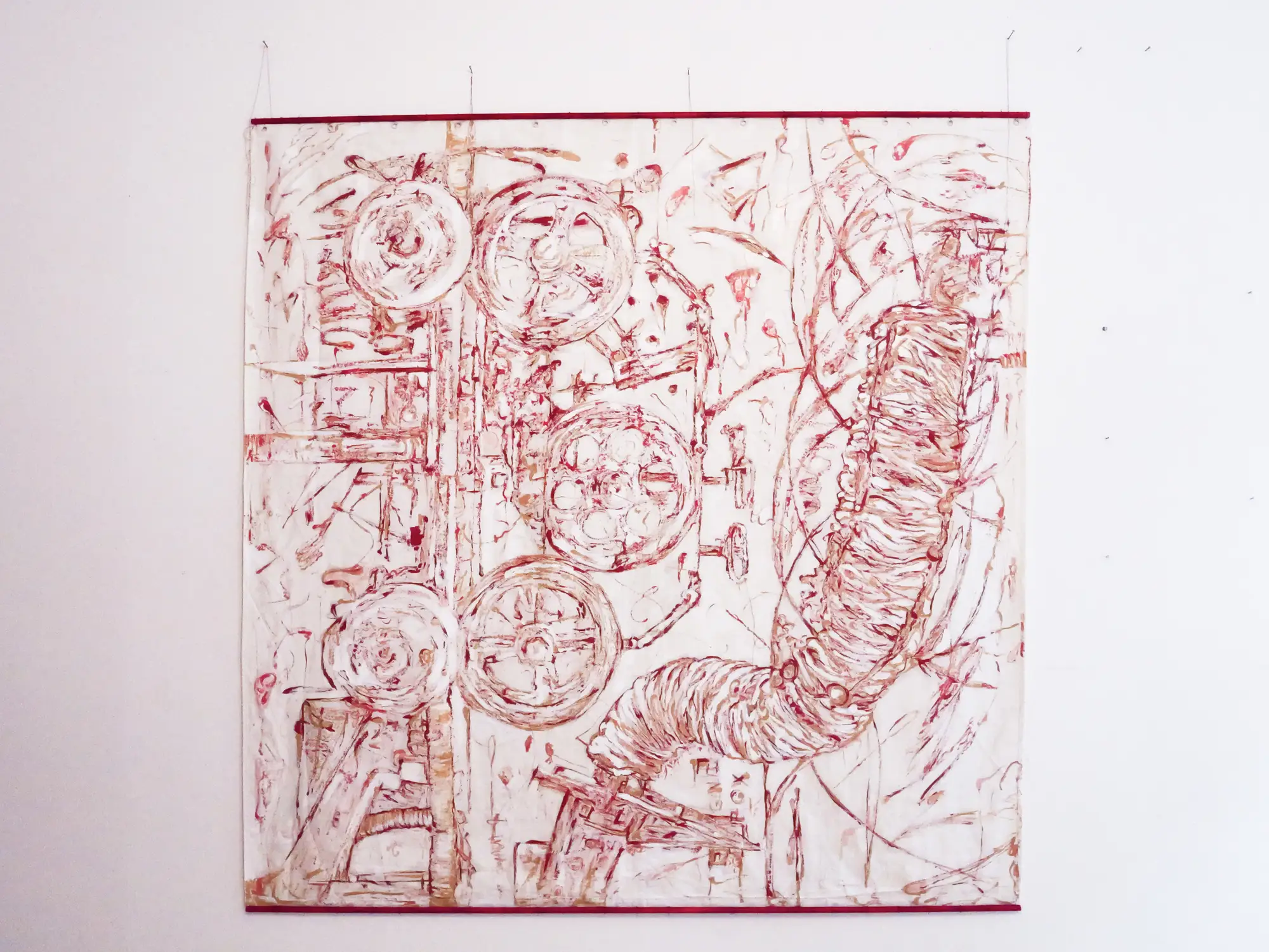
In these works, materials play an active role—they are neither static nor mere tools but integral to the story she tells.
Upcycling becomes more than a technique; it is a statement, a deliberate choice to imbue each piece with a sense of history and transformation.
This approach resonates strongly within the Anthropocene, where issues of environmental degradation and waste management are ever more pressing.
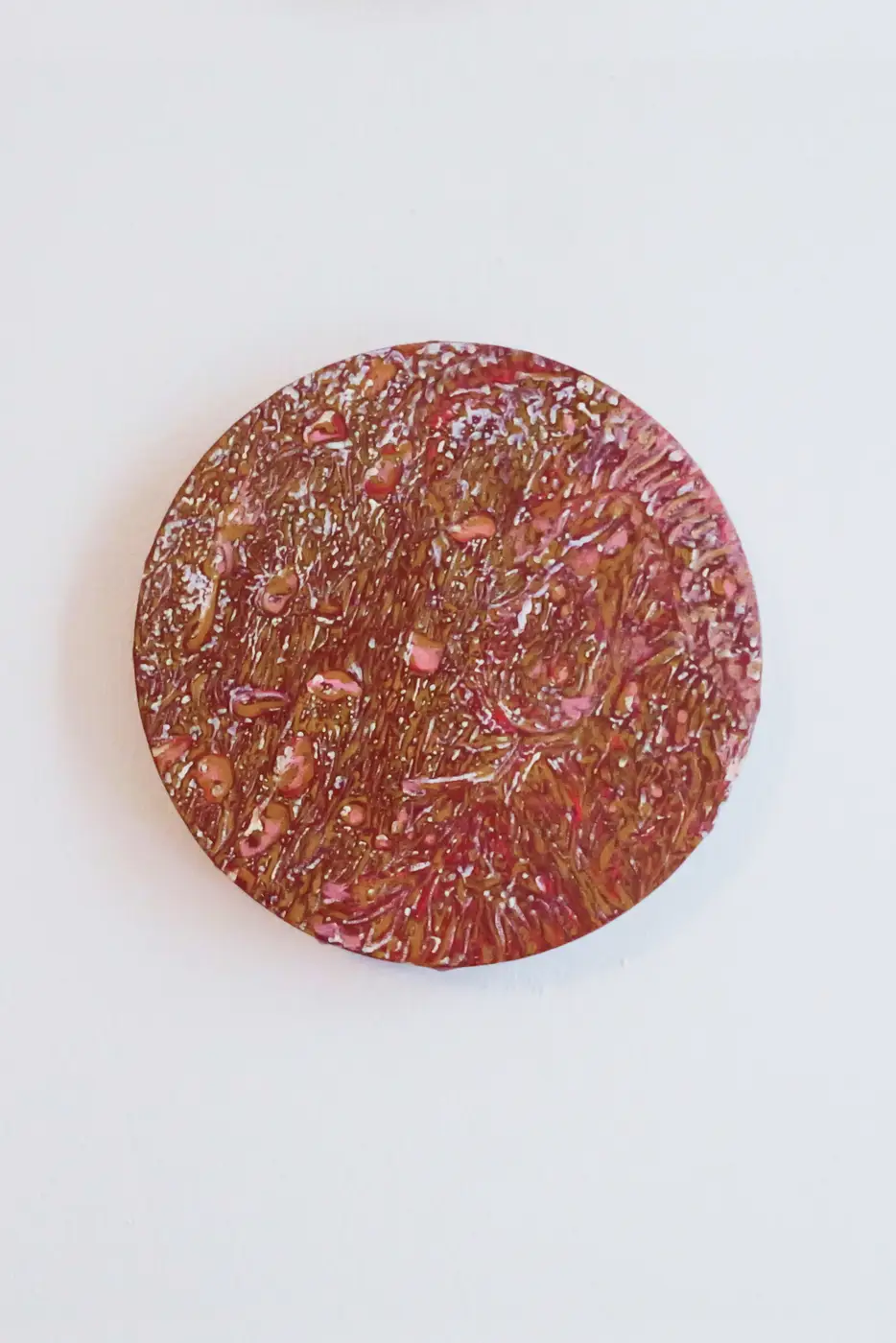
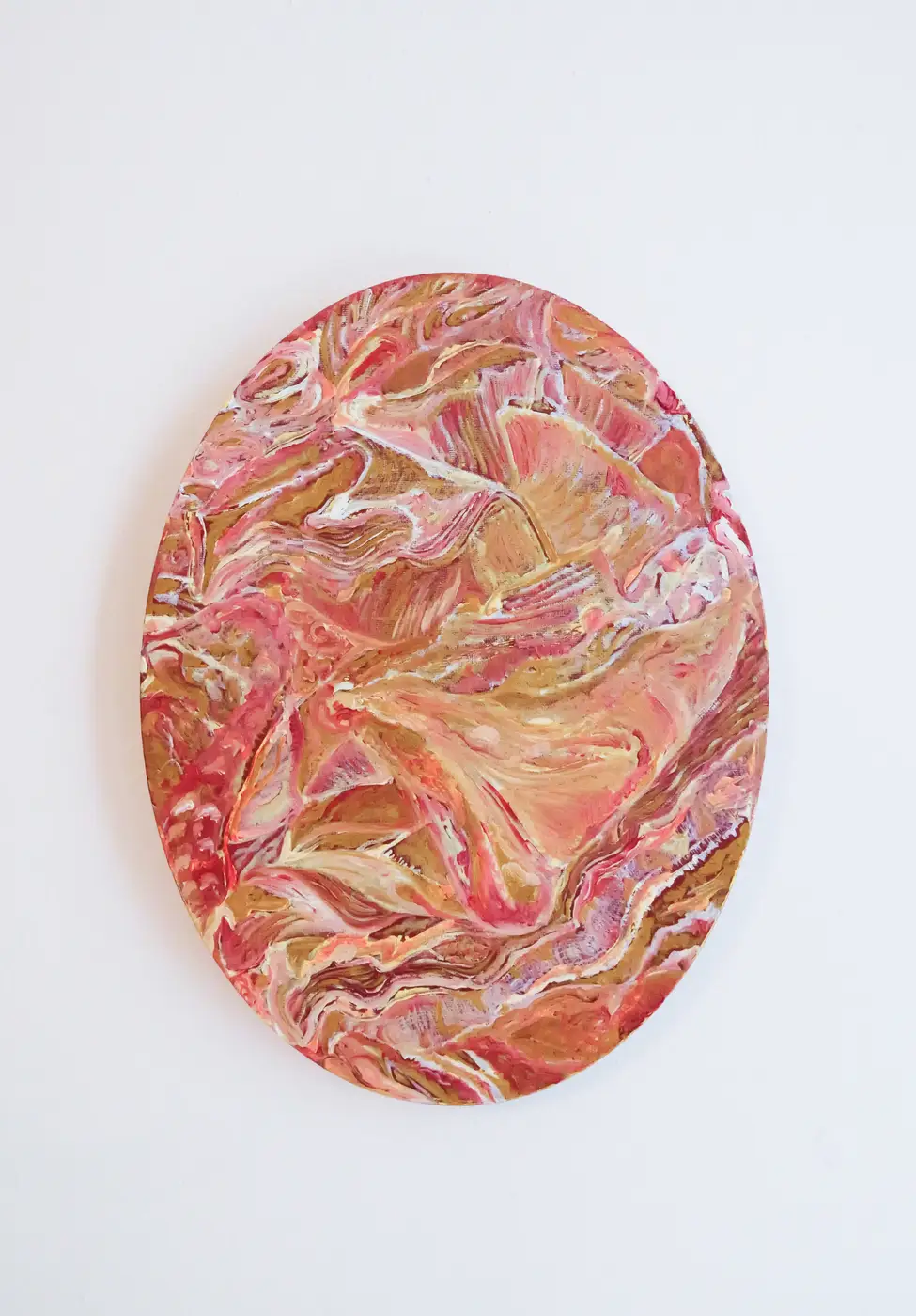
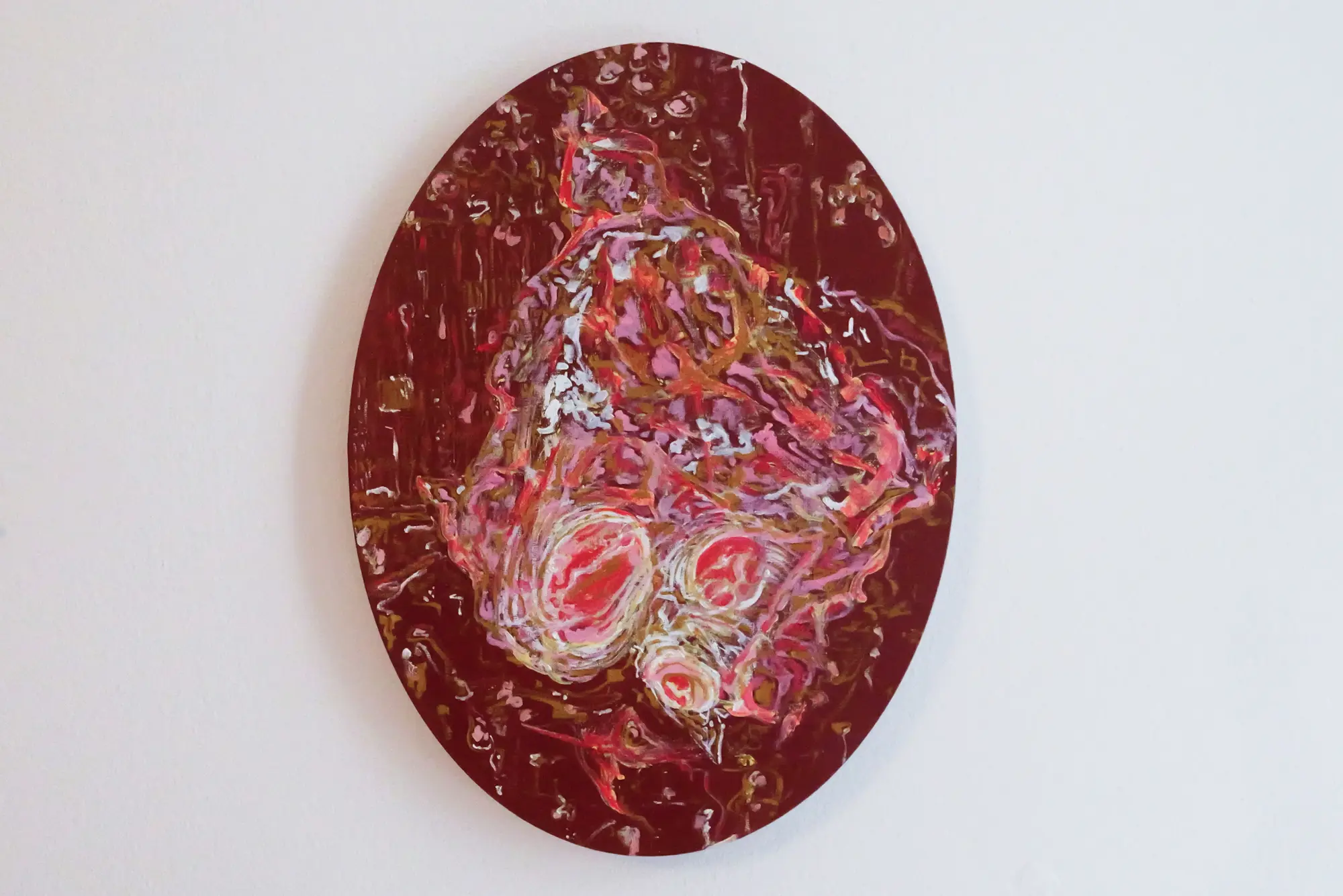
Luiza Furtado: Tear Metalico 2024 Mixed media on canvas | Image Courtesy of the Artist
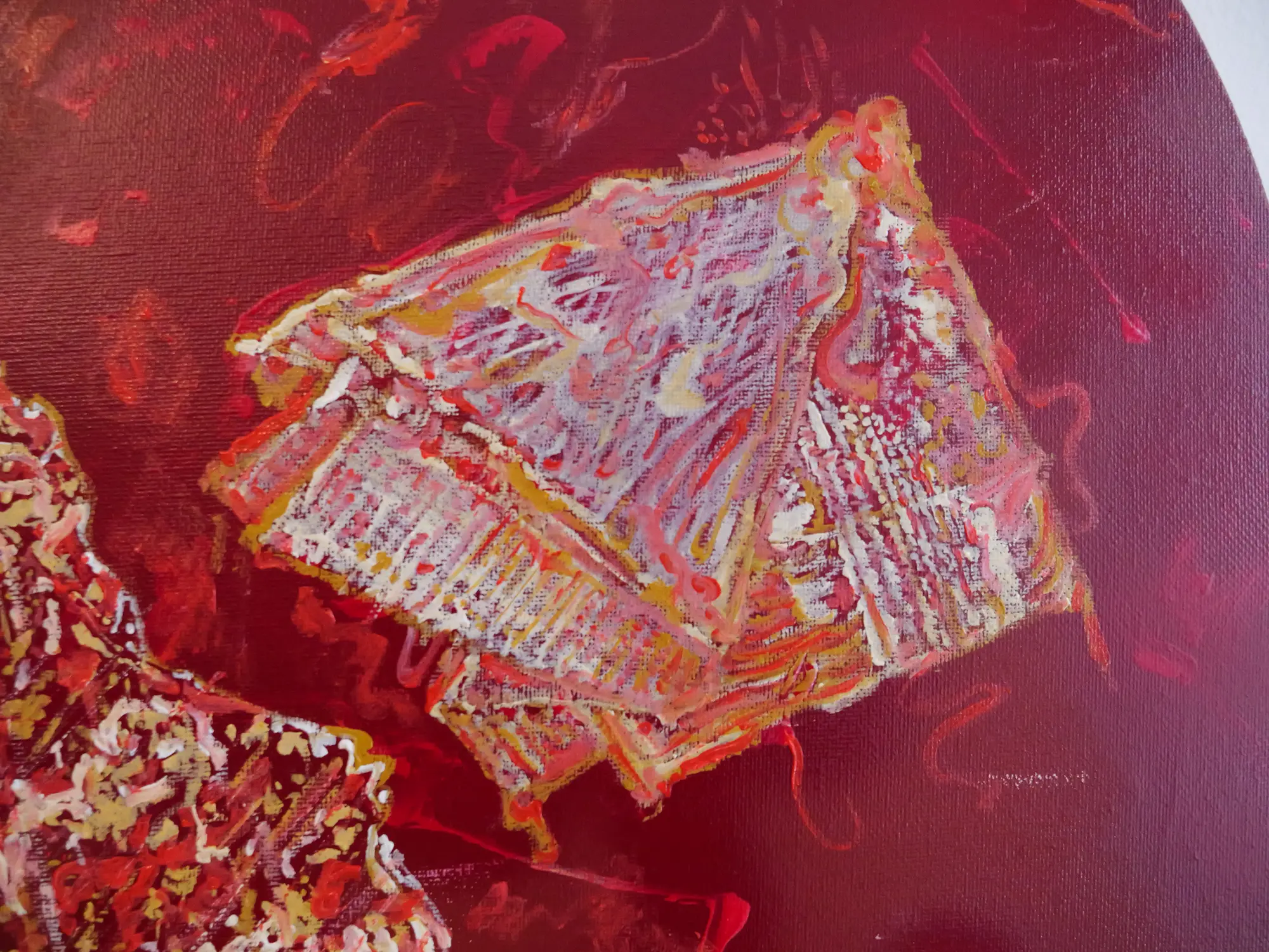
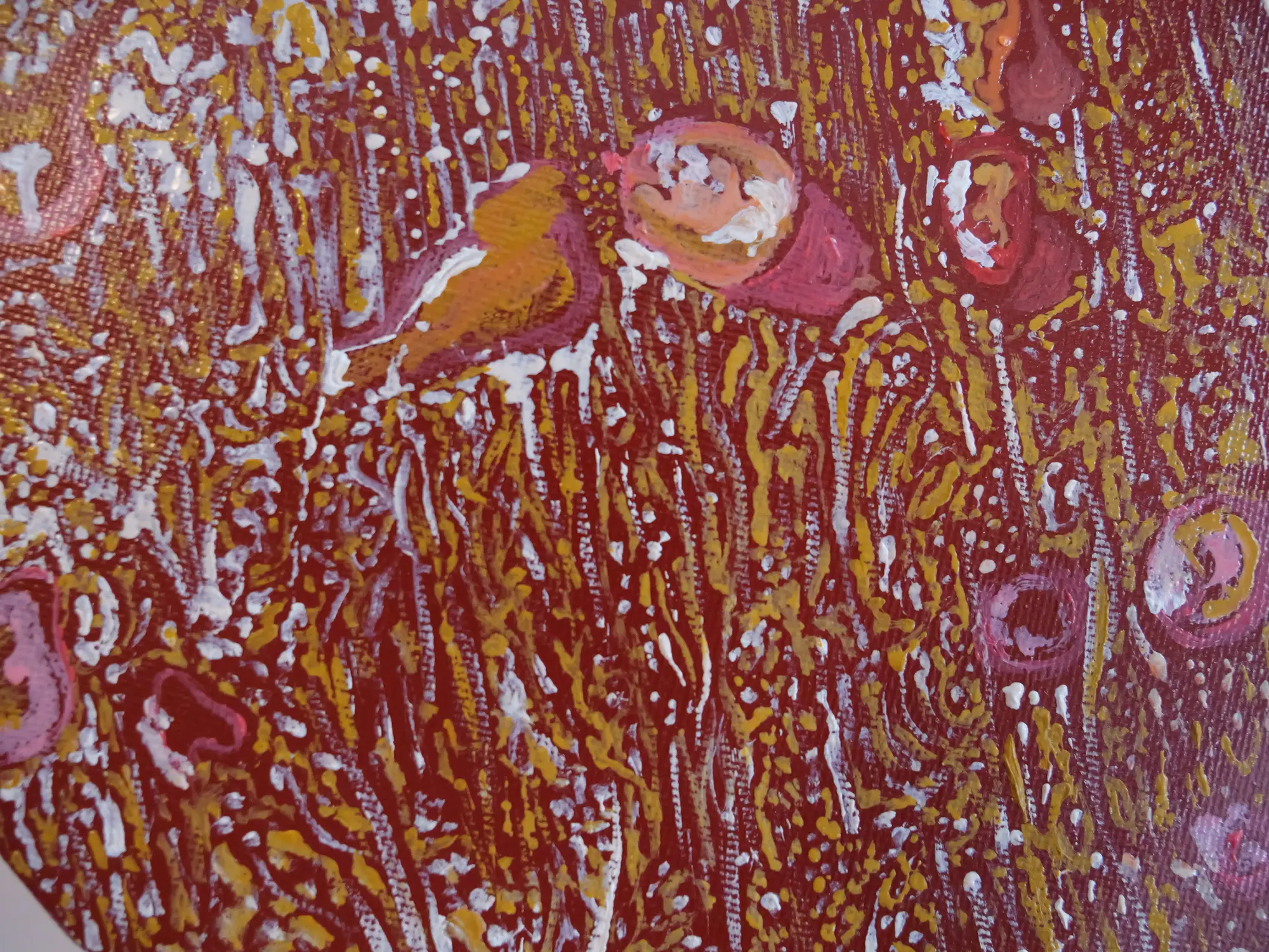
Luiza Furtado: Tear Metalico (Detail) 2024 , Mixed media on canvas | Image Courtesy of the Artist
Furtado’s art, in this sense, becomes a bridge between the human and non-human realms, inviting viewers to reconsider the value of objects and the stories embedded within them.
Furtado’s use of textile and performance reflects a keen interest in the body’s relationship to space and material.
By integrating intuitive dance with her textile sculptures, Furtado invites audiences into her ritualistic world, where dance and fabric coalesce to form what she terms “cloth capsules”—soft sculptures that transcend the static realm of traditional sculpture.
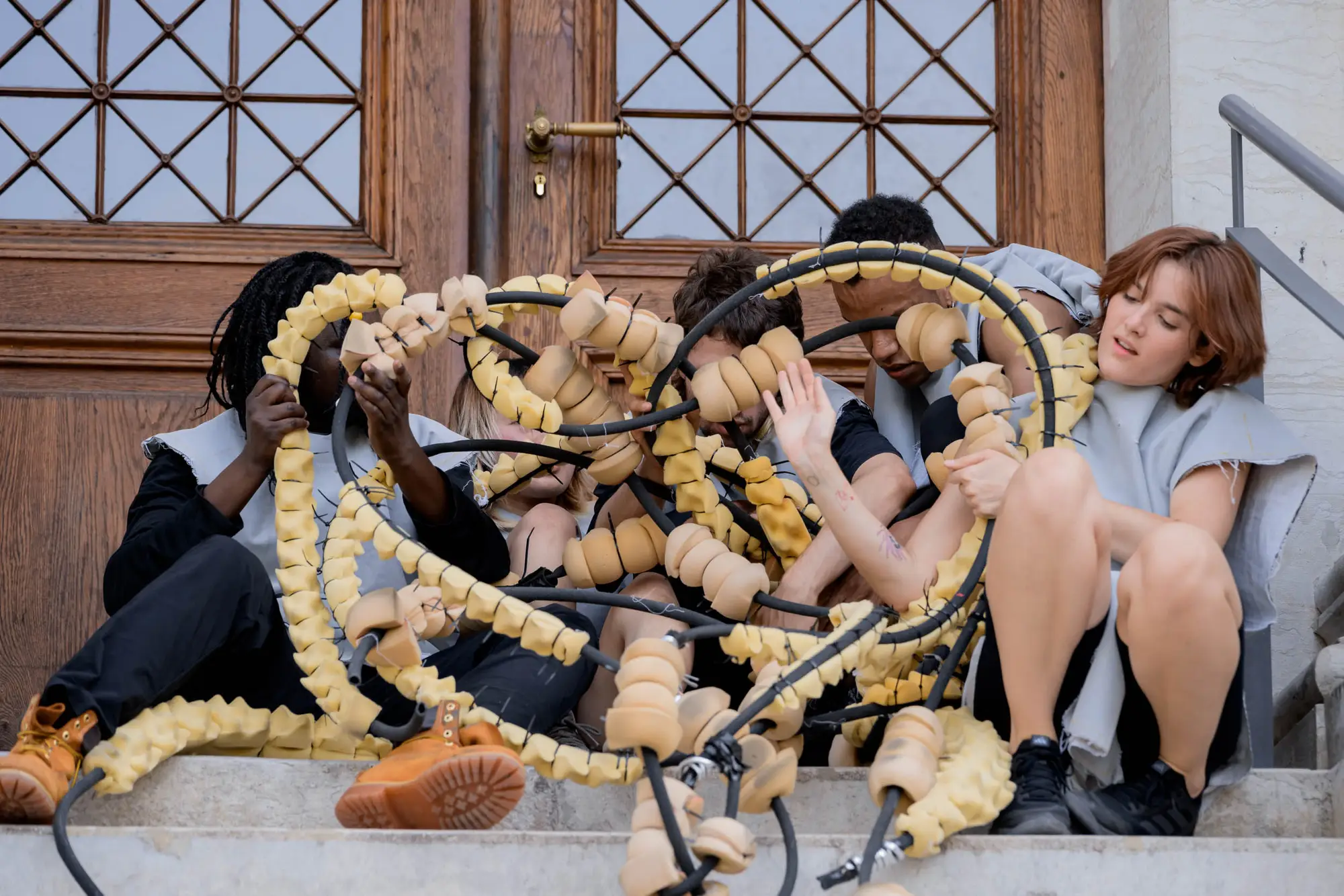
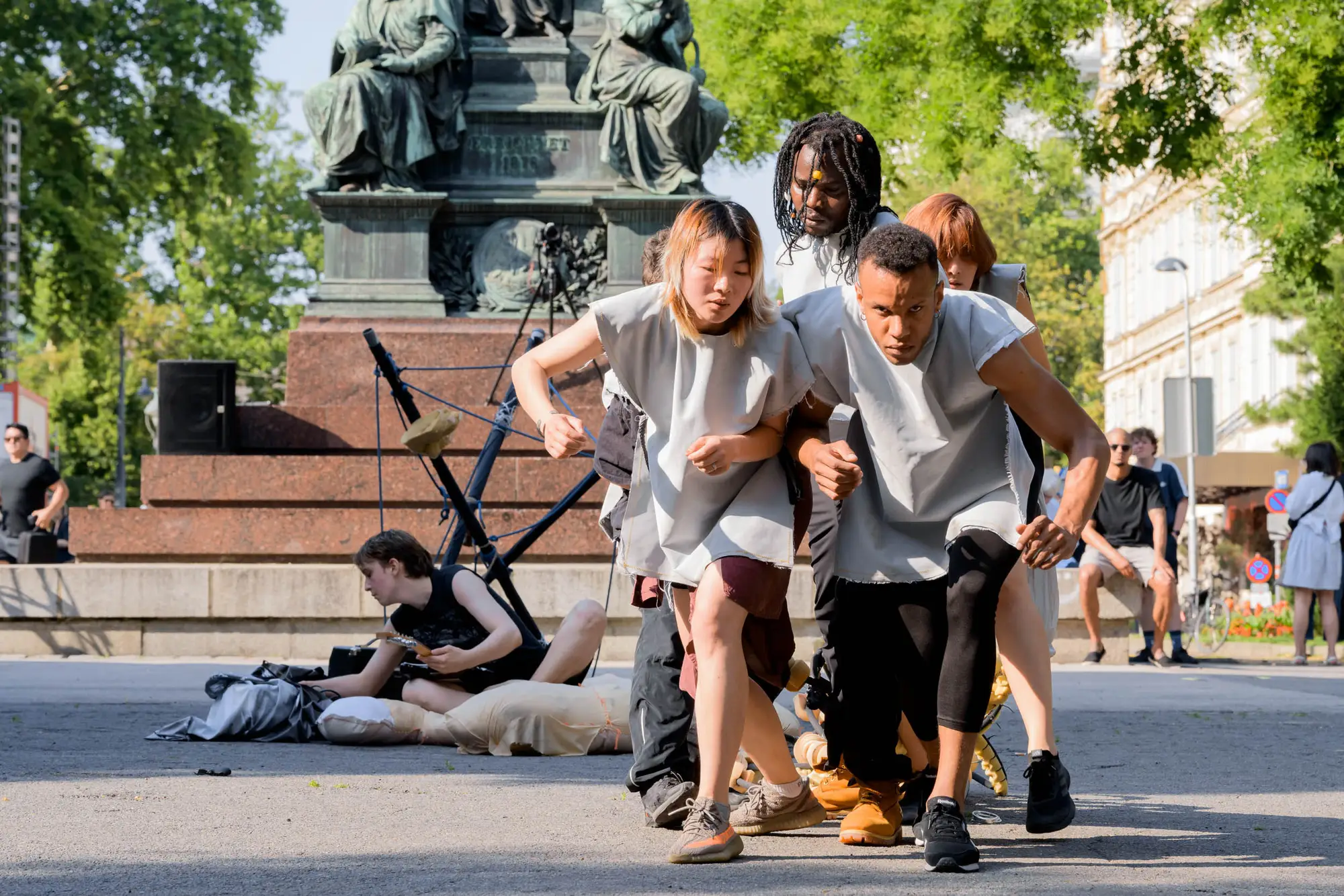
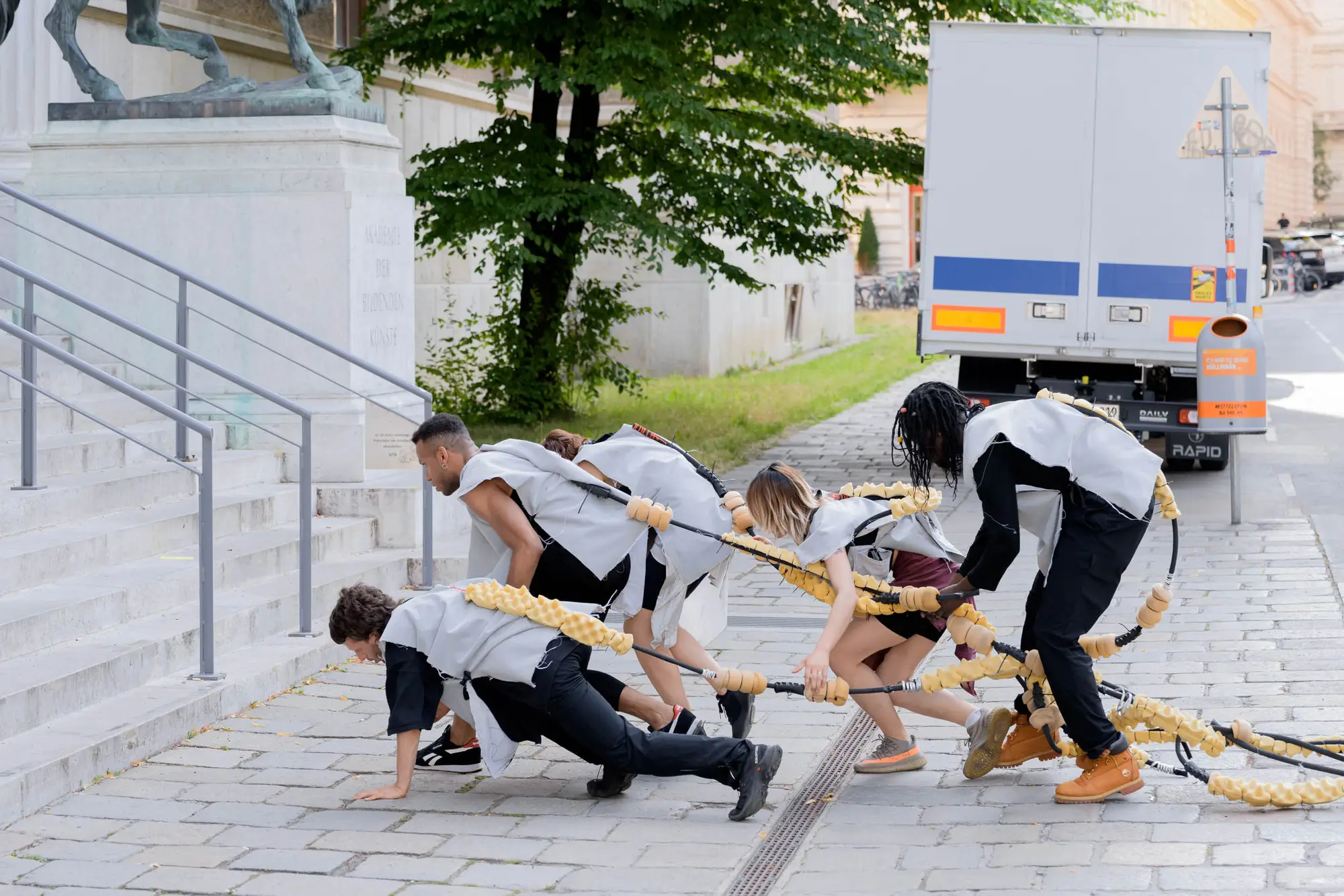
Her performances often incorporate prosthetic experimentation with textiles, blurring the line between costume and sculpture, between performer and object.
This fluidity highlights the performative aspect of materiality and the embodied nature of ecological art.
Each piece in her performances is activated by the body, transforming the fabric into a second skin that interacts with both the artist and the environment around her.
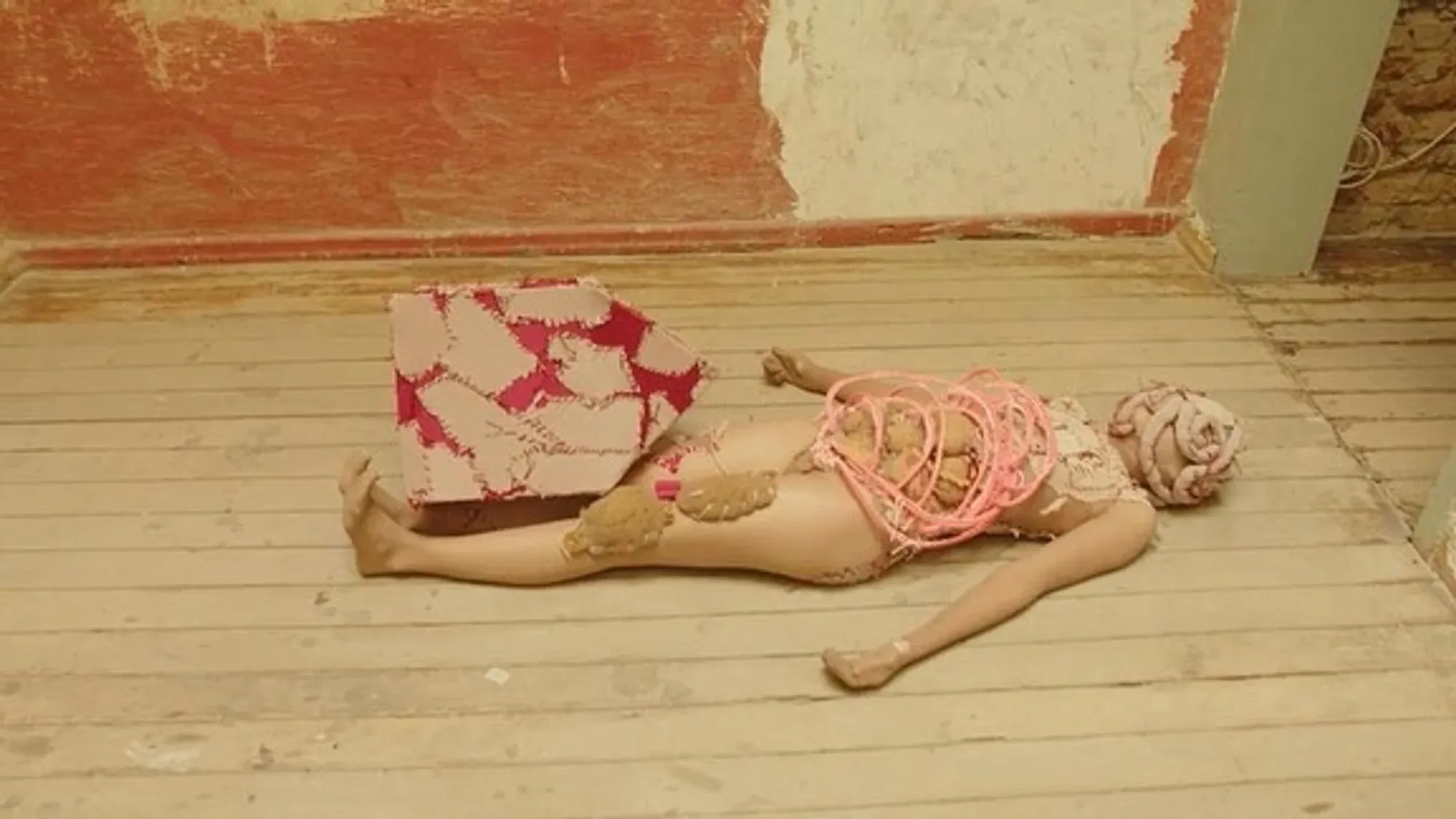
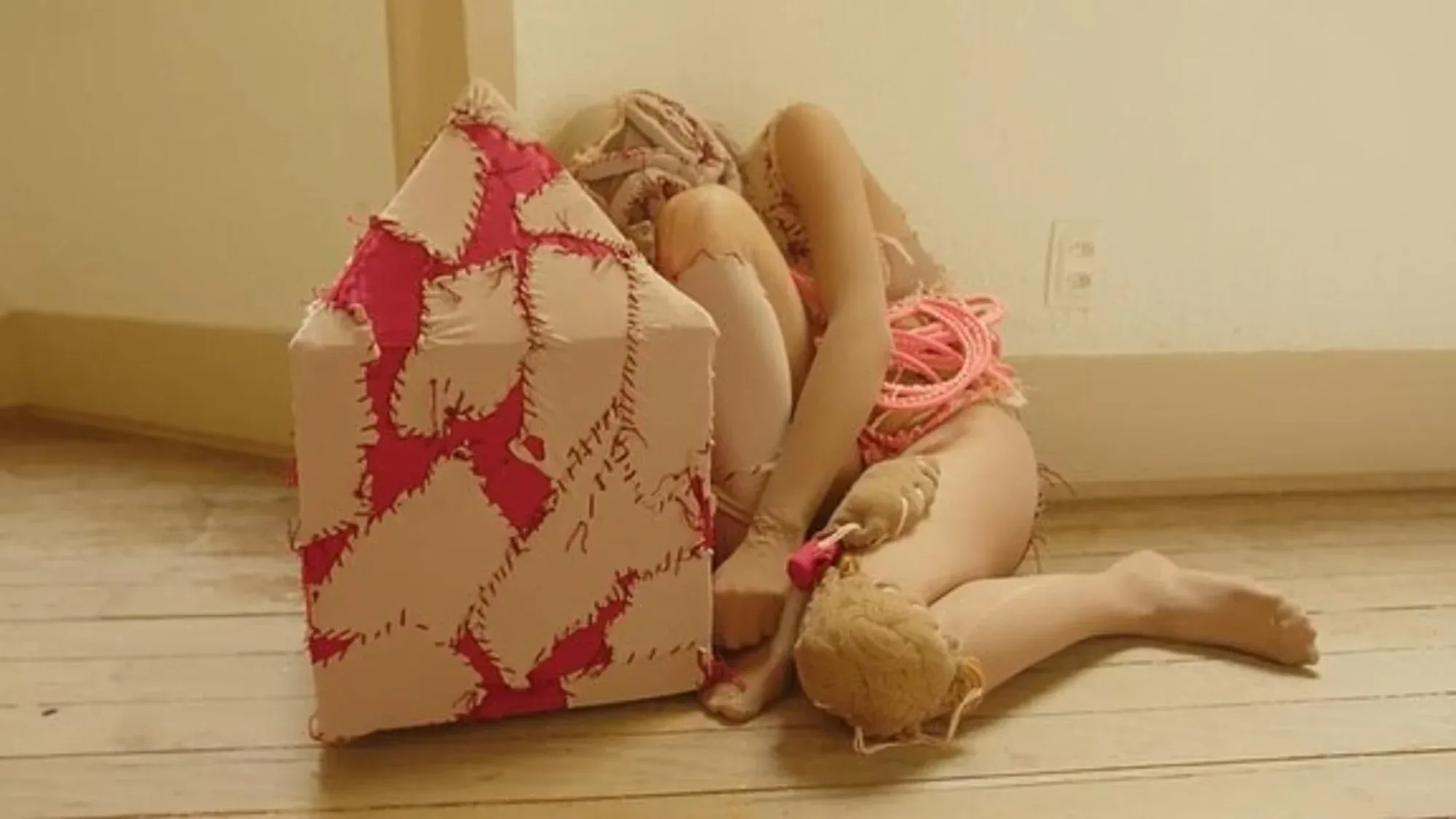
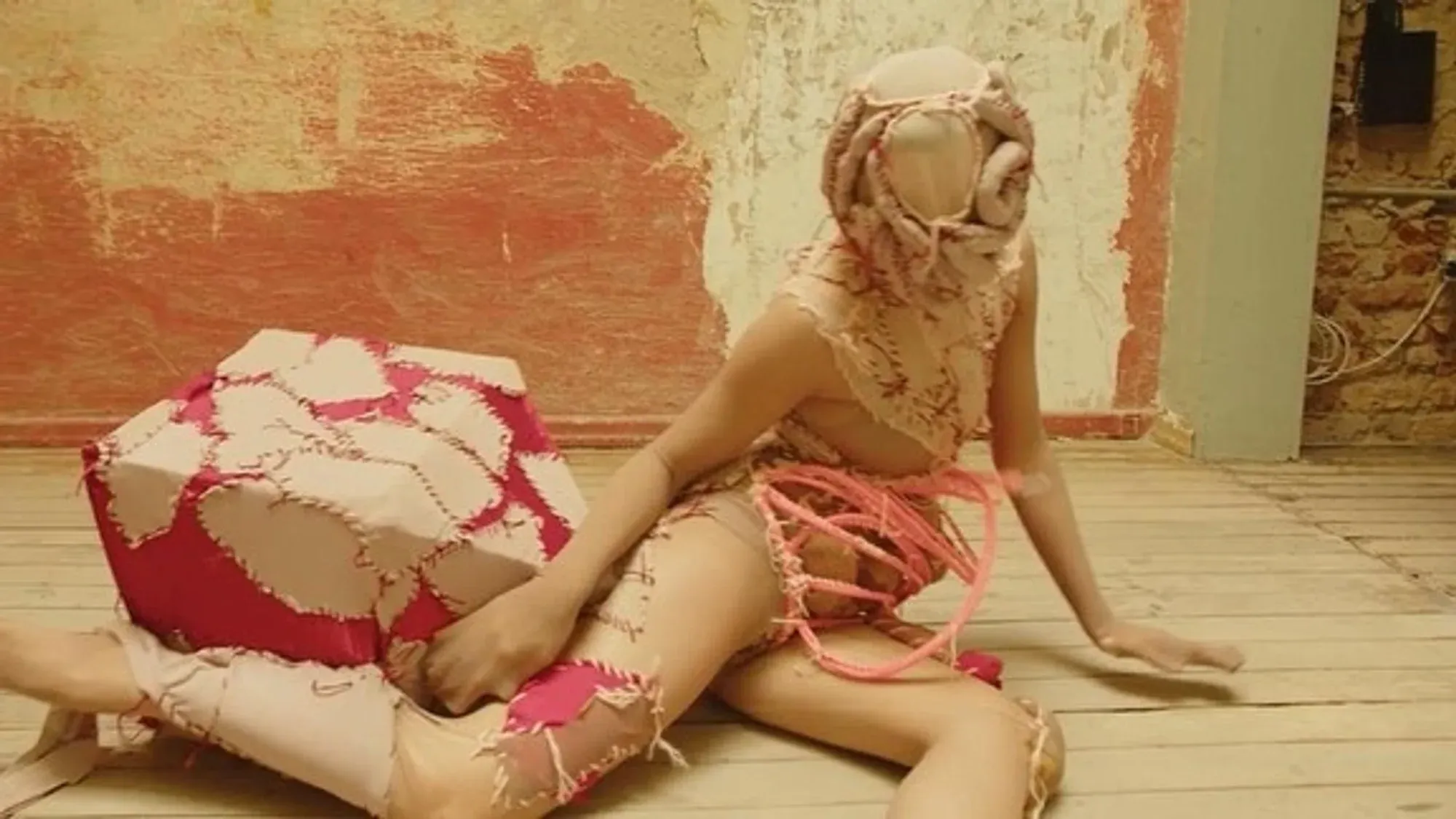
The rituals of empowerment she creates with these sculptures— were shown in various venues such as Paço Imperial in Rio de Janeiro, Parallel and Das Weisse Haus in Vienna—underscore a queer-feminist perspective that reclaims space for narratives of care and resilience.
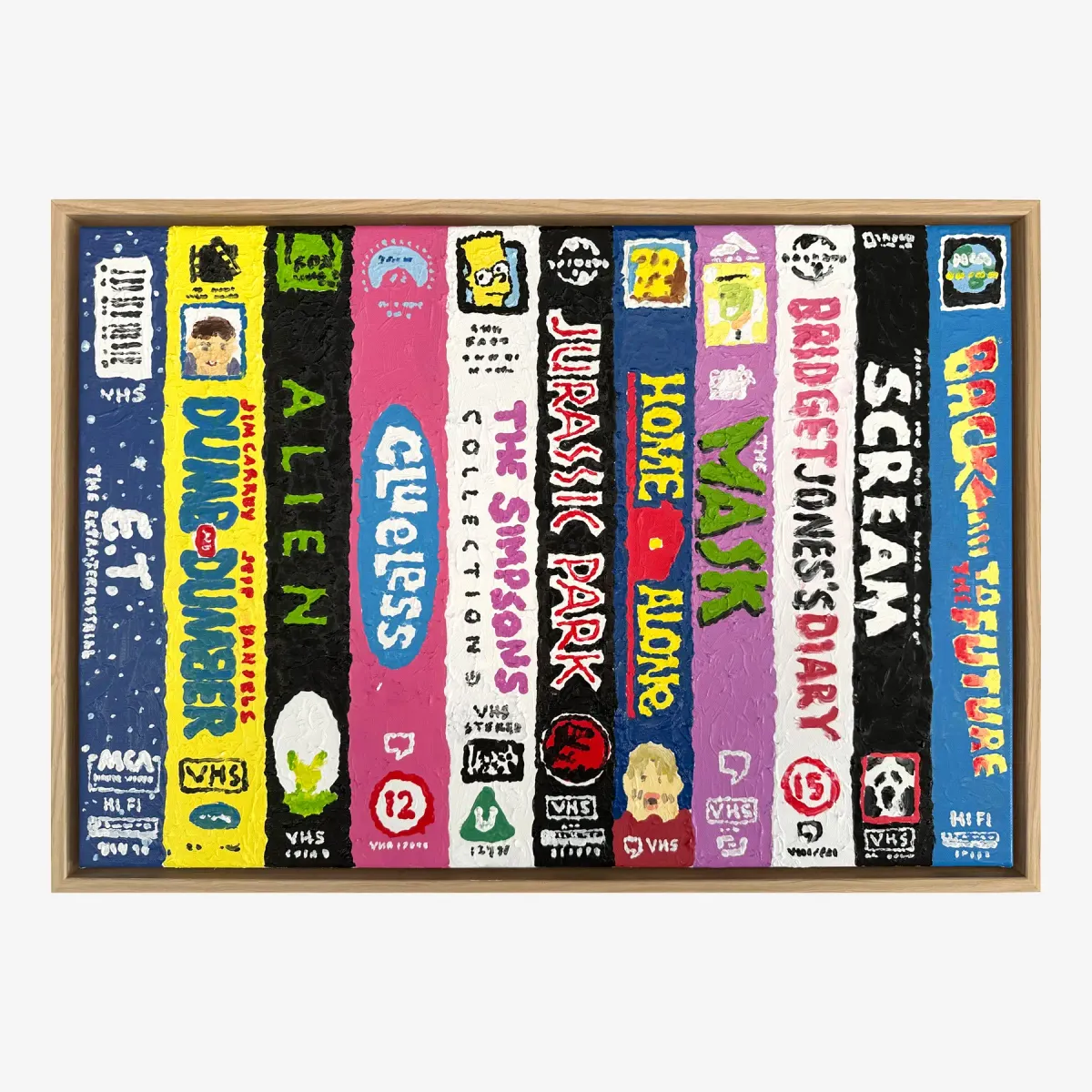
From the new Fresh Faces Series -> Luiza Furtado
Furtado’s work ultimately creates a space for reflection on the ways in which gender, identity, and ecology intertwine in the fabric of contemporary society.
Her pieces not only reflect her personal experiences but also resonate with broader feminist and ecological narratives, becoming symbols of healing, strength, and transformation.
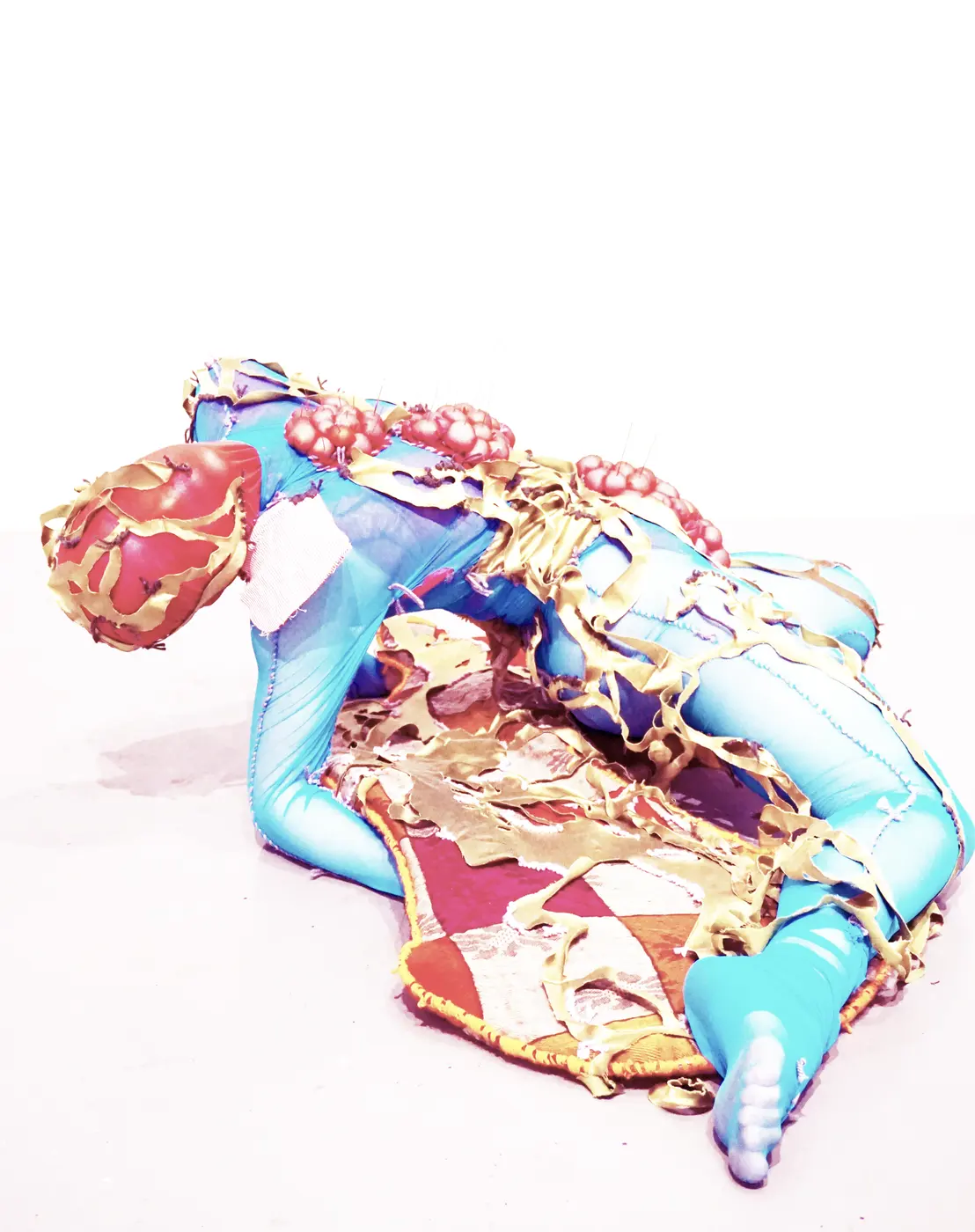
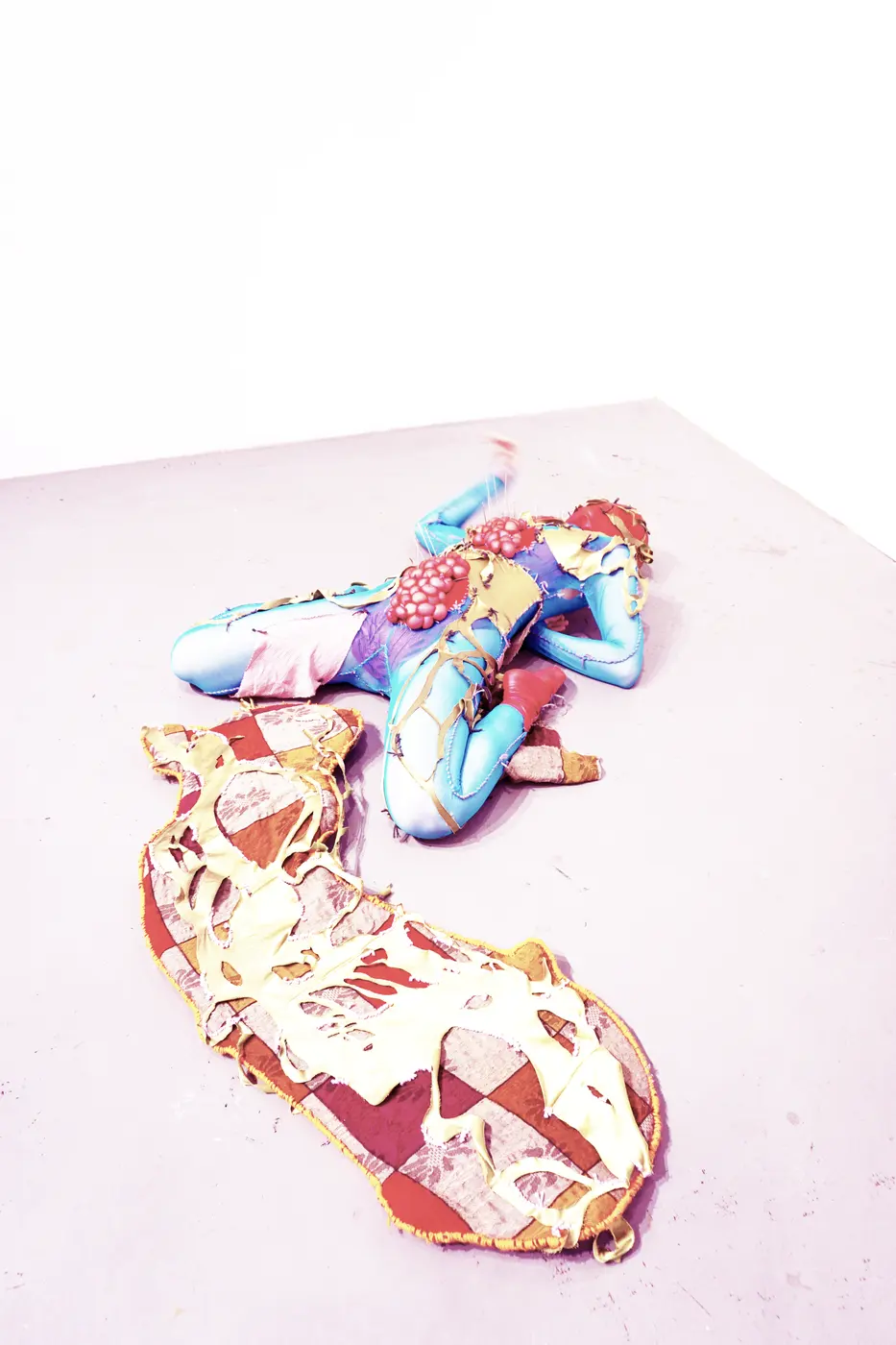
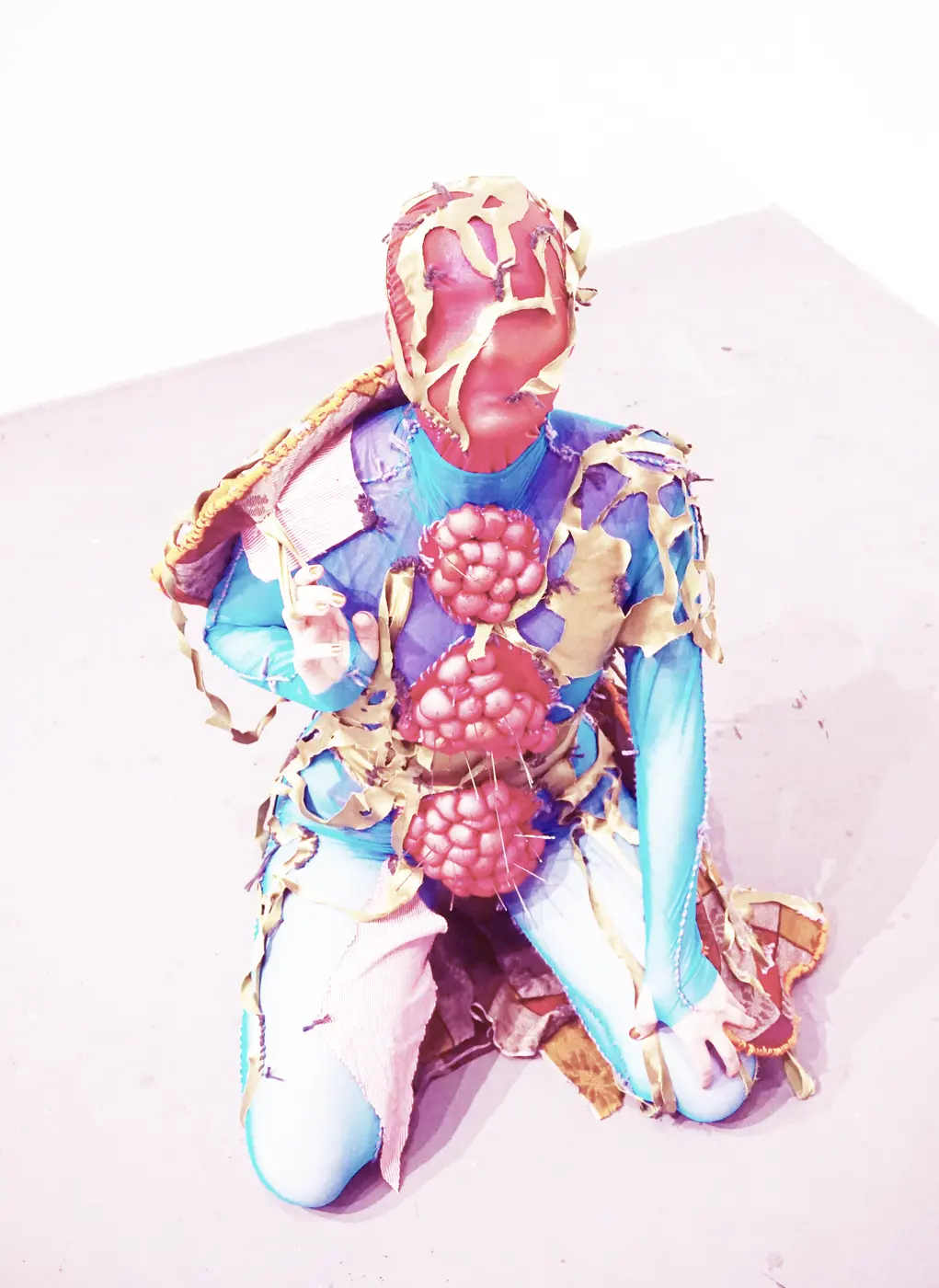
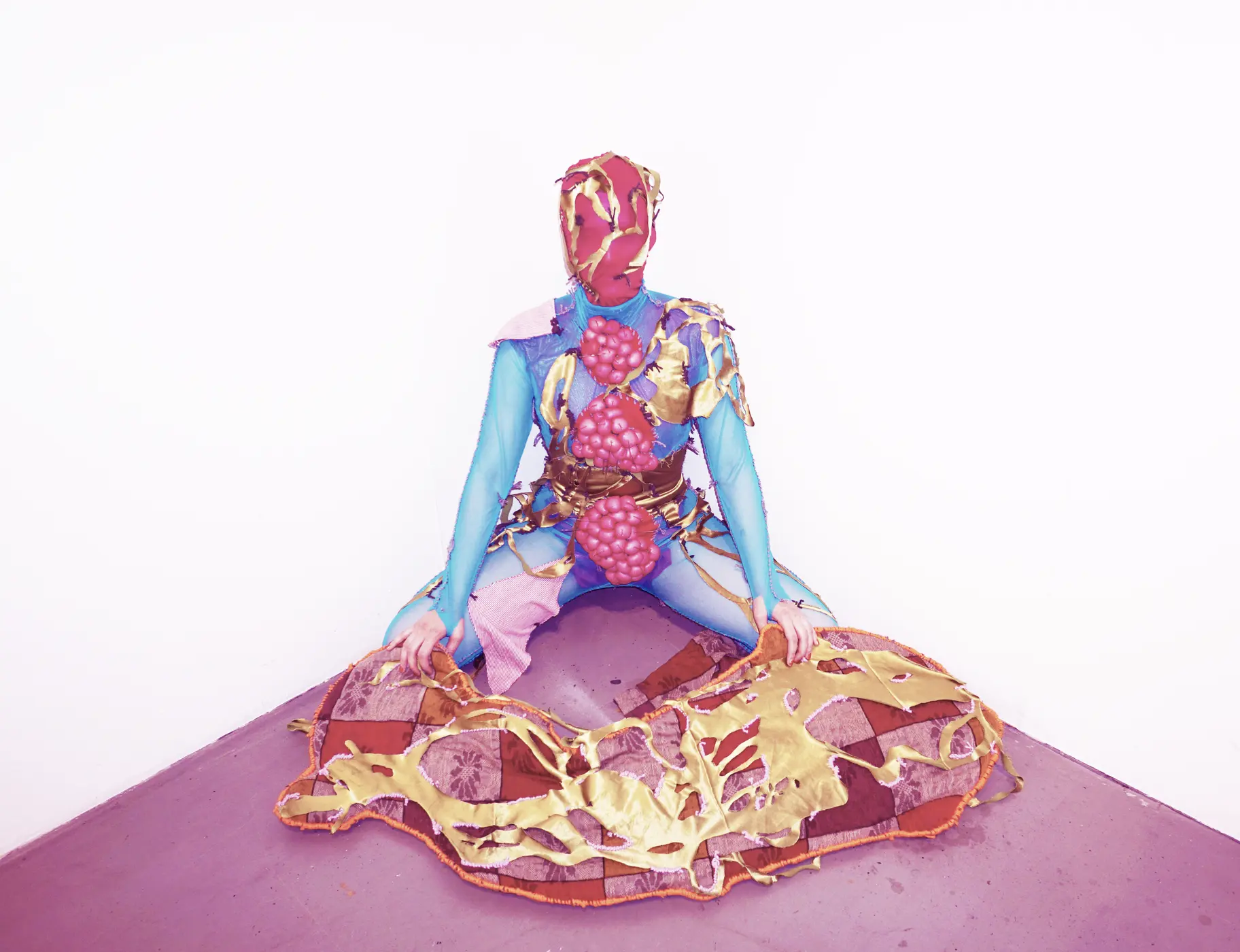
Luiza Furtado: Agulha e Memoria 2022 ->Camera by Lilly Zlotover | Image Courtesy of the Artist
In a global art world increasingly attentive to the cultural significance of sustainability, Furtado’s work contributes a distinct voice.
Through her careful attention to discarded materials, her sculptures address the cultural industry’s impact on the environment and propose a subtle yet radical alternative: the reintegration of waste into the cultural economy as art.
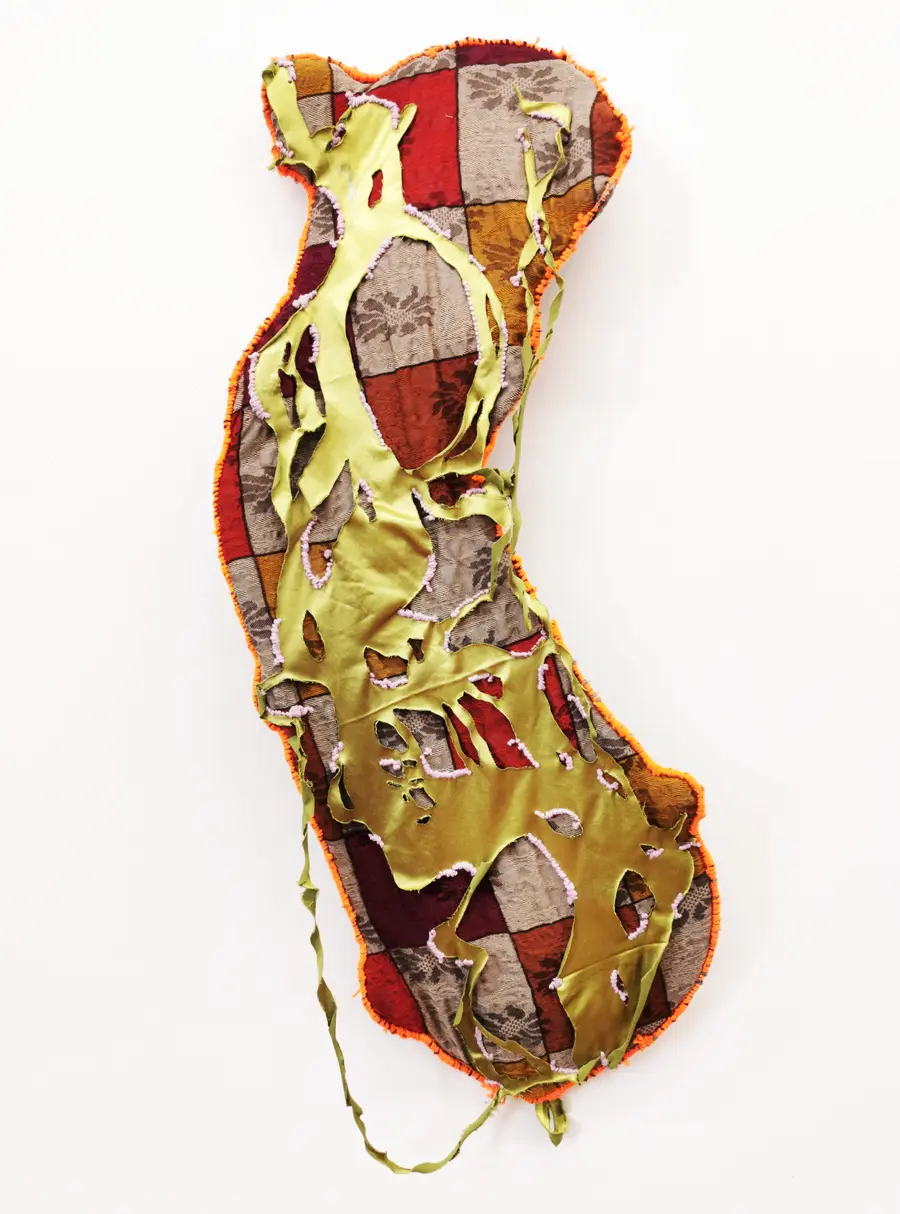
Her sculptural “cloth capsules” and performative engagements resonate with current trends in ecofeminism, a movement that connects the exploitation of nature with the historical marginalization of women.
By transforming discarded materials into valuable artifacts, Furtado participates in a broader cultural conversation that challenges traditional hierarchies and values.
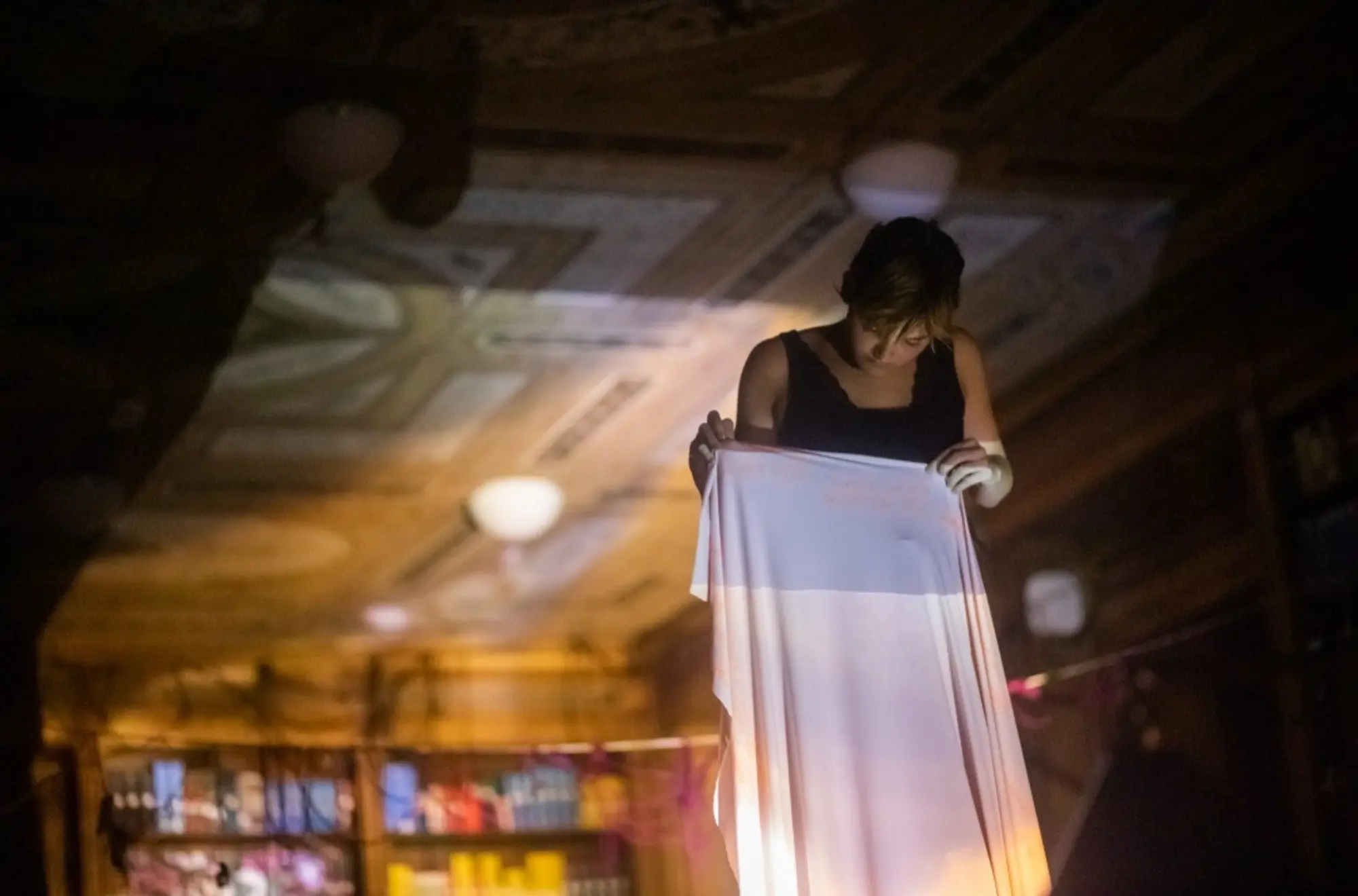
One of her notable projects, "Entering the Web," (Credit musician: Francis Hirschl) exemplifies this approach. In this performance-based work, she combines textile sculpture and dance to comment on the industrial processes that both sustain and threaten contemporary life.
By embedding her materials and movements within an ecological discourse, Furtado invites audiences to question the systems of production and consumption that often go unnoticed but have a profound impact on our environment.
Her work situates her firmly within a lineage of artists who use material to challenge conventional narratives, but she does so with a distinctly personal touch that is at once accessible and deeply resonant.
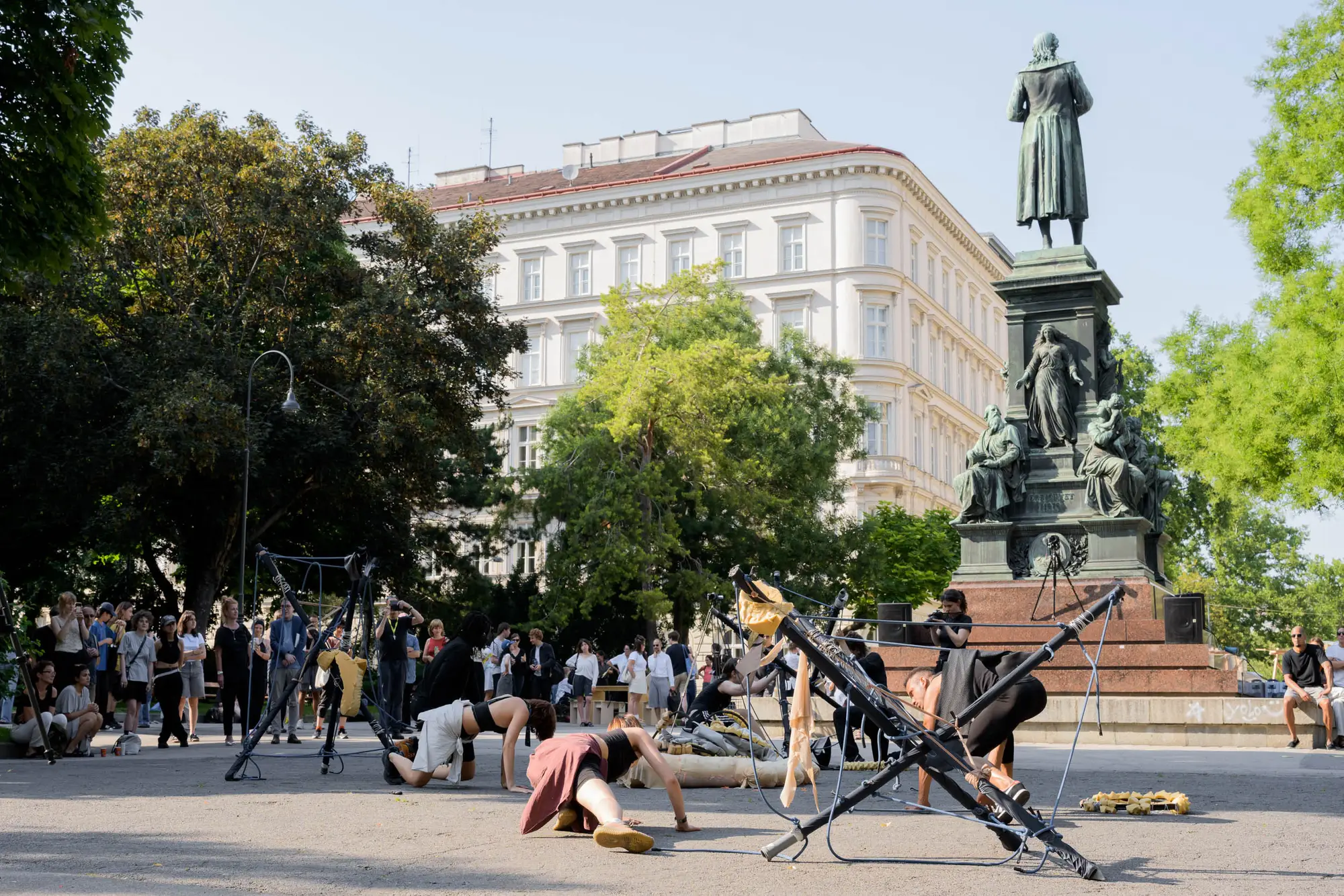
Furtado’s art does not merely ask viewers to observe; it invites them to experience. Through her approach to material as metaphor, Furtado conjures a form of “haptic visuality,” where sight and touch intersect.
Her textile sculptures, with their soft textures and organic shapes, suggest sensuality and vulnerability, encouraging a tactile interaction that remains visually compelling.
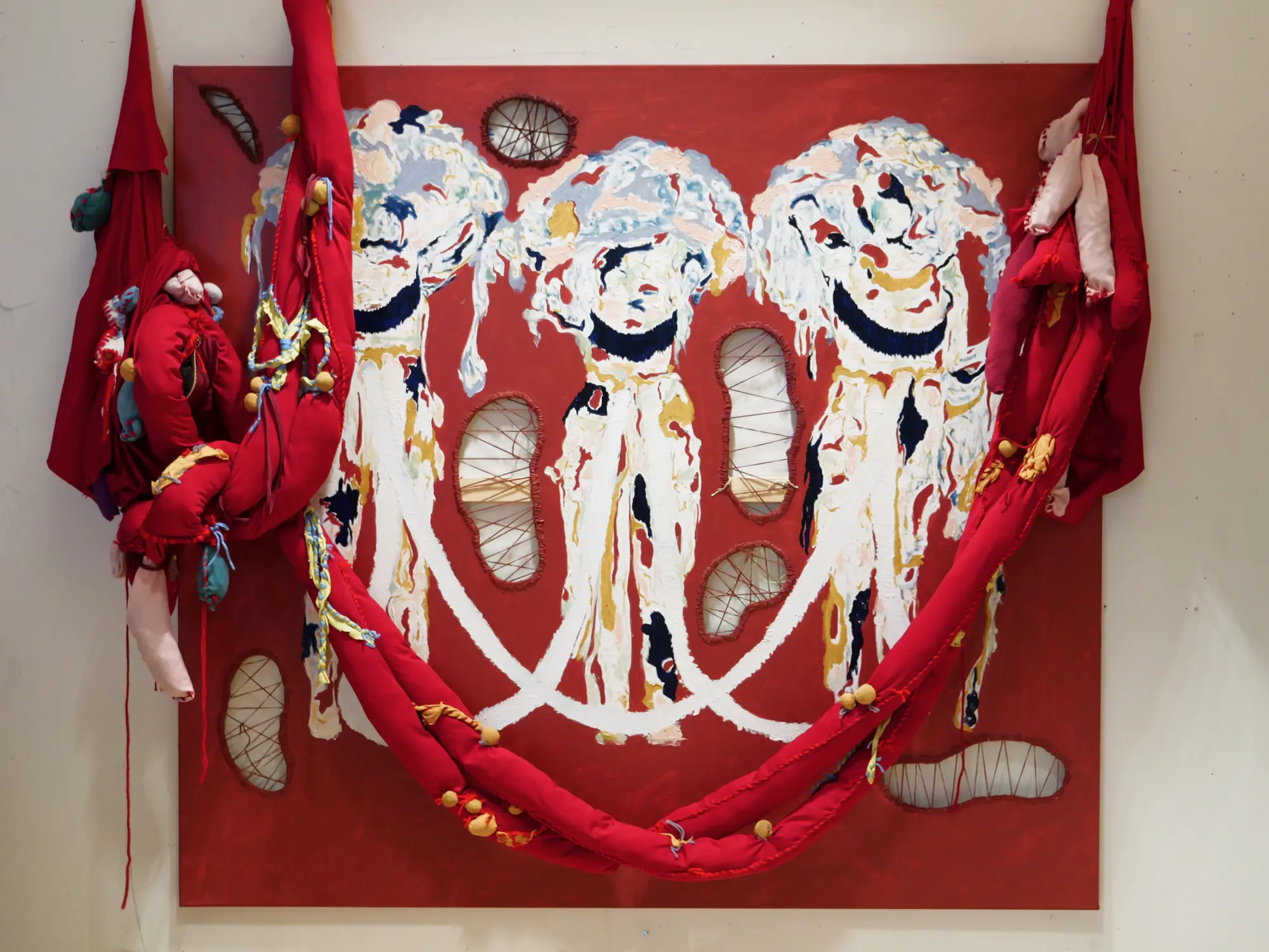
This engagement with haptics—through materials that bulge, fold, and sprawl—is emblematic of a new generation of artists who explore art as a multisensory experience.
In Furtado’s work, material becomes poetry, and form becomes a language for intimacy and care.
By drawing upon intuitive processes and organic forms, she creates works that feel both immediate and timeless, speaking to a primal connection between the body and its environment.
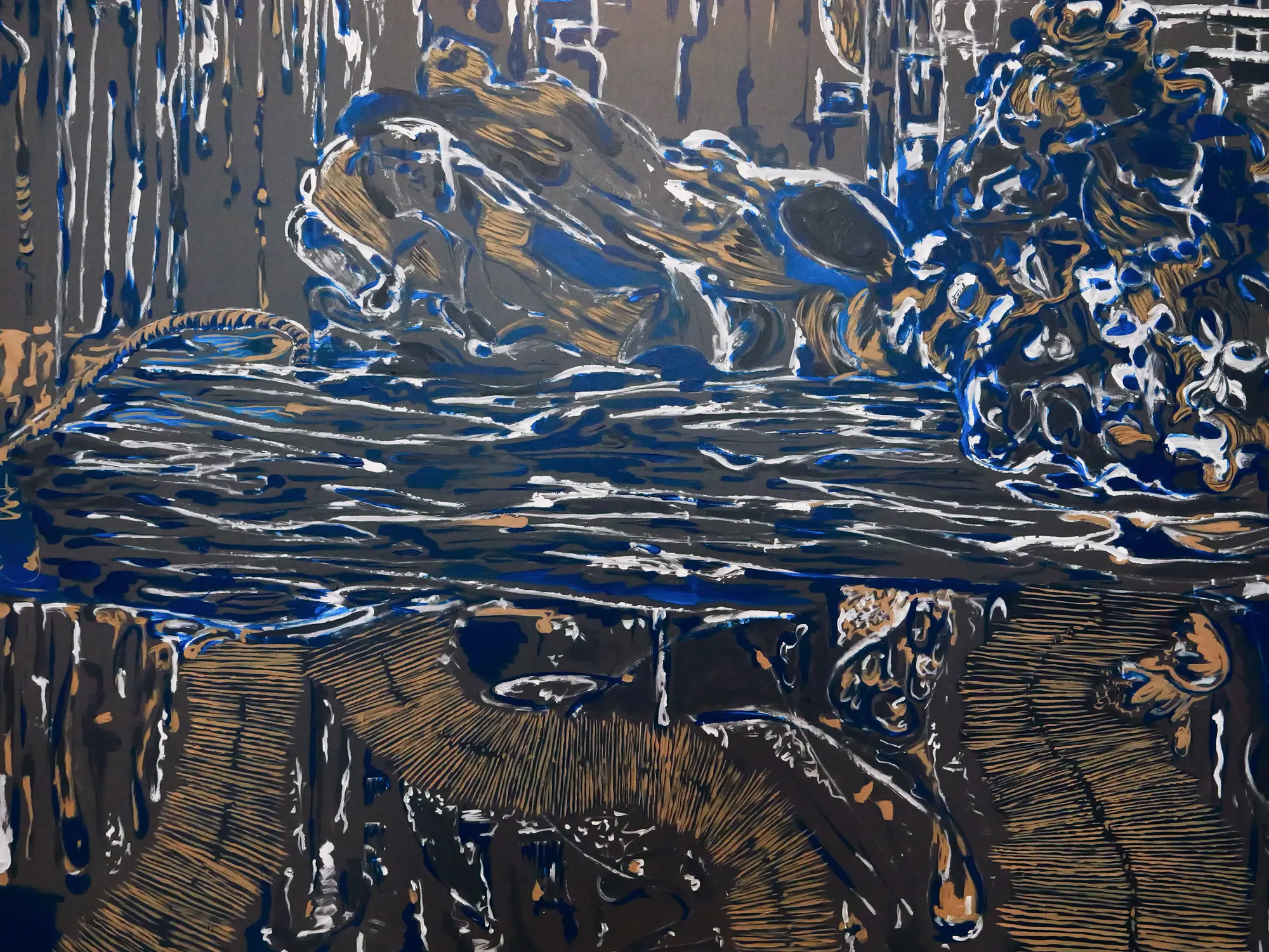
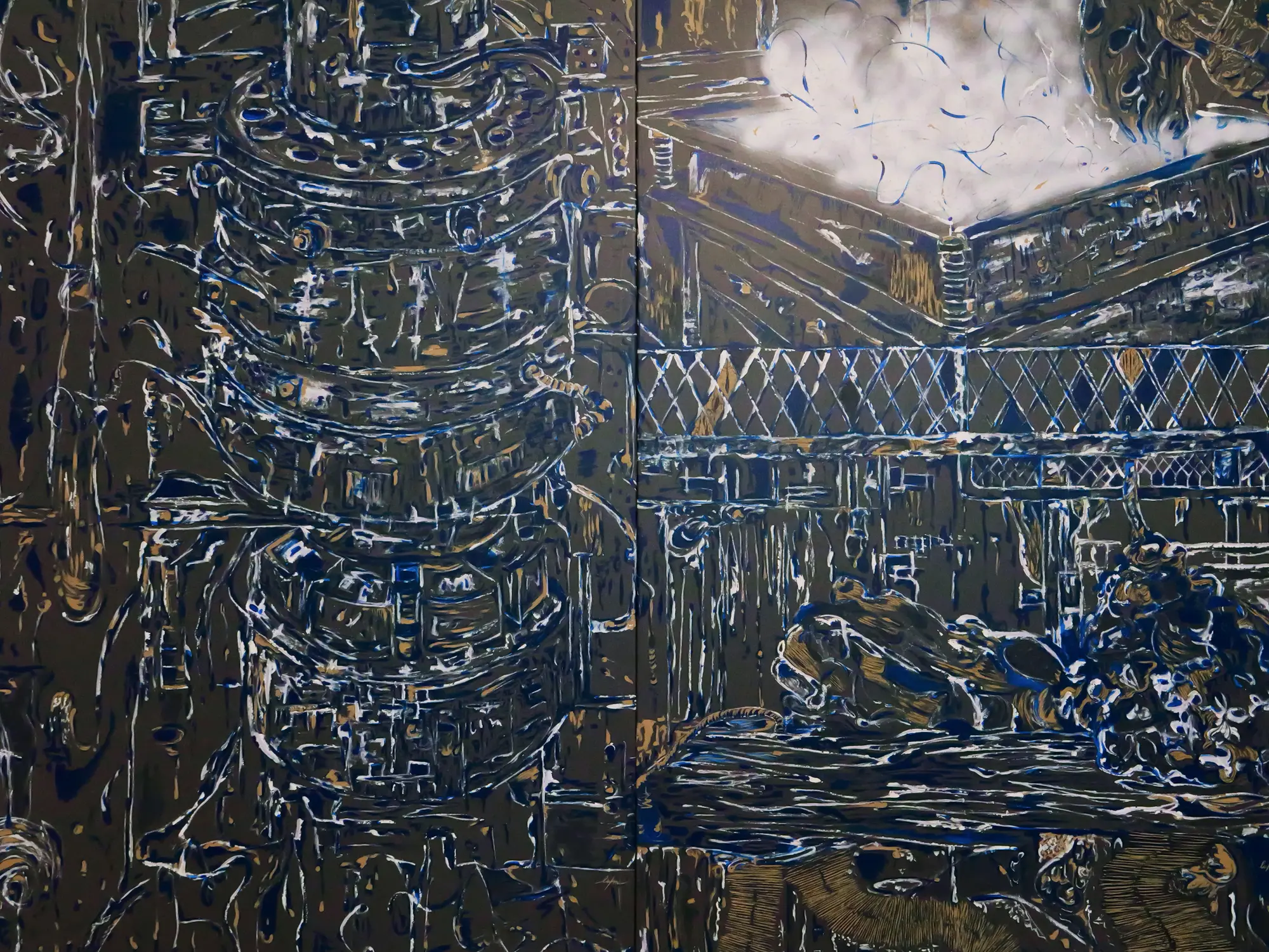
Her pieces are not just objects but vessels of memory, spaces for healing, and containers of experience.
Luiza Furtado’s practice offers a compelling example of how contemporary art can engage meaningfully with ecological and cultural issues.
Through her use of upcycled materials, performance, and a keen understanding of materiality, Furtado not only critiques the wastefulness of contemporary culture but also reimagines it as a source of artistic and cultural value.
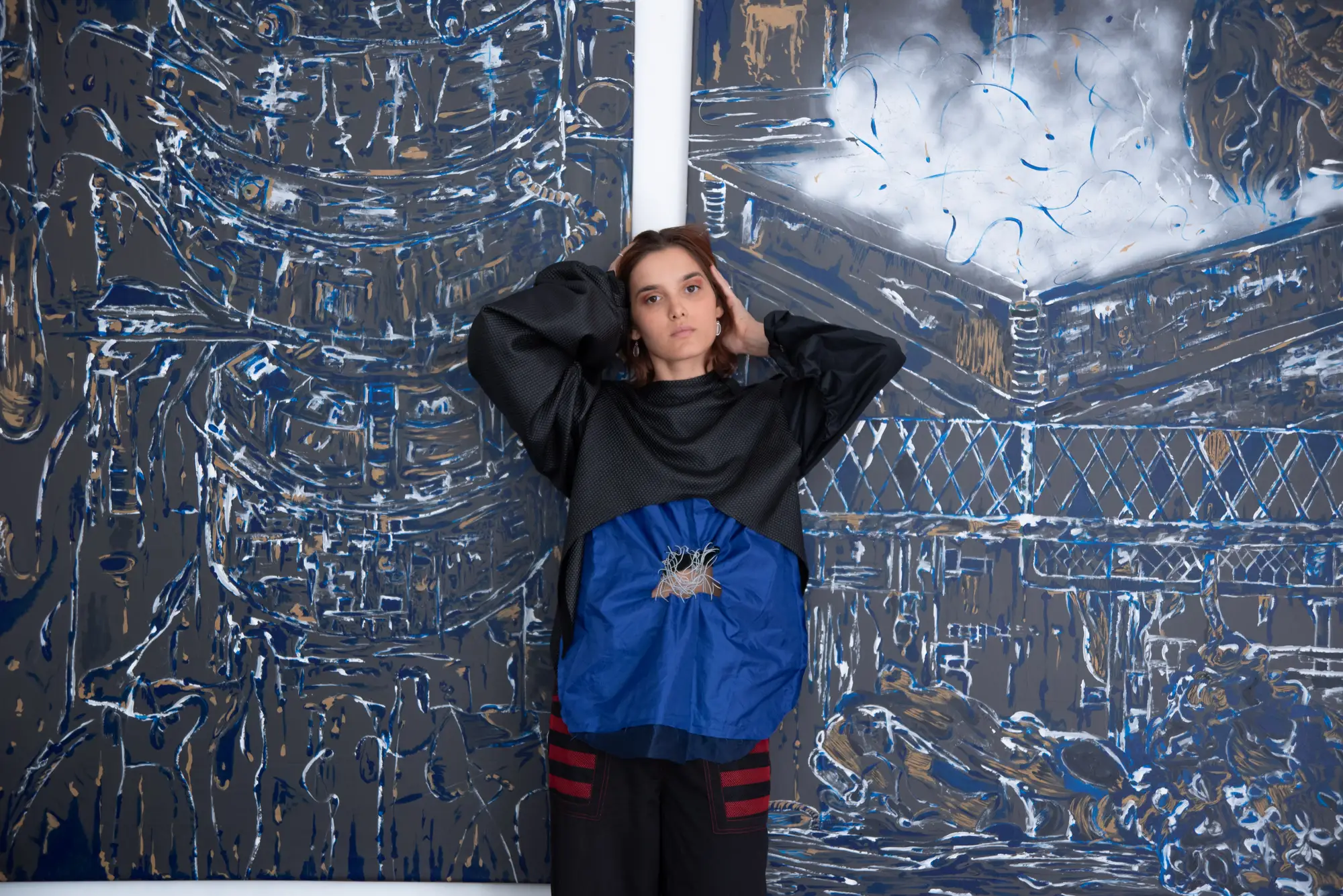
Her work is a reminder that art, at its best, is a reflection of both personal experience and collective memory, a place where the physical and the poetic meet, transforming the everyday into a space of beauty, reflection, and empowerment.
In the shifting landscape of contemporary art, where material and message are more intertwined than ever, Furtado’s work stands as a testament to the power of transformation—a poetic, tactile journey into the heart of material and meaning.

Luiza Furtado - Website


